True Glitz
WESTERN STYLE IN A SWIFT UNIVERSE
GOLD STANDARD ALL BLACK FOOTWEAR CELEBRATES 20 YEARS








WESTERN STYLE IN A SWIFT UNIVERSE
GOLD STANDARD ALL BLACK FOOTWEAR CELEBRATES 20 YEARS







10
Rick Rask, president of Rieker USA, on why the parent company’s manufacturing muscle is a difference maker in unsettled
By Greg Dutter18 The Perks of Being a Wallfower Approaching its 20th year in business, All Black Footwear has bloomed into a vibrant success story that few could have ever predicted.
By Greg DutterRhinestone Cowgirl When it comes to giddy-up glam, there is no compromisin’.
By Kathleen O’Reillythe cover: Knee-high, snip toe suede cowboy boots by Dingo
This page: Black Star snip toe leather cowboy boots with metallic star details.
Photography: Trevett McCandliss; styling: Mariah Walker/Art Department; fashion editor: Kathleen O’Reilly; model: Julia Willett/Crawford Models: hair and makeup: Clelia Bergonzoli /Ray Brown Represents; photo assistants: Raymond Collette and Eileen Viglietta

EDITORIAL
Greg Dutter
Editorial Director
Nancy Campbell Trevett McCandliss Creative Directors
Kathleen O’Reilly Fashion Editor
Rosemary O’Connell Art Director
Kathy Passero Editor at Large
Mariah Walker Style Director
Ann Loynd Burton Contributing Editor
Melodie Jeng
Marcy Swingle Contributing Photographers
ADVERTISING
Noelle Heffernan
Publisher
Lizette Chin SVP/Group Publisher
Laurie Guptill Production Manager
Kathy Wenzler Circulation Director
Catherine Rosario Office Manager
Mike Hoff Digital Director
WAINSCOT MEDIA
Carroll Dowden Chairman
Mark Dowden President & CEO
Steven J. Resnick Vice President & CFO
OFFICES
ADVERTISING/EDITORIAL
One Maynard Drive
Park Ridge, NJ 07656
Tel: (201) 571-2244
Ads: Noelle.Heffernan@ Wainscotmedia.com
Editorial: Greg.Dutter@ Wainscotmedia.com
CIRCULATION
One Maynard Drive Park Ridge, NJ 07656
Tel: (201) 571-2244
Circ@Wainscotmedia.com


powder post beetles, rot, mold, power washing, jacking the camp up in order to level it…I’ve become very familiar with the many challenges and tasks a friendly team of builders with New England accents as thick as clam chowdah faces during each episode of Maine Cabin Masters, my latest binge on Hulu. Many of these places seem beyond repair at the start of each show. Yet somehow the team uses Yankee ingenuity to prove that these beloved family retreats, many of which go back generations, can be refurbished, repurposed, reimagined, and renewed.
The transformations are nothing short of jaw-dropping. The many DIY creative pieces that are personalized for each family are inspiring and heart-warming. Plus, there’s something soothing about watch ing projects that take 8 to 12 weeks, on average, edited neatly into 30-minute episodes that end with the throw pillows placed just so and the keys handed back to forever grateful families with cabins in bucolic locales with exotic names like Mooselookmeguntic Lake, Flying Pond, and Bunganuc Creek.
Perhaps the show appeals to the architect’s son in me? (My older brother is also a contractor.) I definitely lack the builder gene when it comes to blueprints and power tools. But having been around this world most of my life, I appreciate the skill, ingenuity, and hard work it requires. It’s a lot like building articles. They, too, need a solid foundation, support (e.g. research and reporting), and pretty prose to pull it all together. Leave one aspect out and it won’t stand. And, for the record, any editor worth their salt appreciates a good demolition. The satisfaction of clearing out unnecessary verbiage is on par with gutting a dilapidated cabin.
By contrast, other companies are more vigilant. They don’t ignore a drip that could lead to unsalvageable rot and mold. Maintenance costs far less than a teardown and total rebuild. Still, it’s a tough (and often dirty) job staying on top of what is essentially a perpetual construction site. Even labors of love can give you callouses and splinters. So (hard) hats off to our industry’s forever foremen and forewomen. Your dedication and building skills are inspiring.
This issue is chock-full of fine examples. Among them: our Q&A (p. 10) with Rich Rask, president of Rieker USA, whose parent company Rieker Footwear is celebrating its 150th anniversary. Rieker’s vertical business model stands alone. It’s an impressive, worldwide structure that offers the support and reliability retailers crave in tumultuous times. Rieker is the proverbial house of bricks. Rask, too, is a builder. He has spent his entire career in the industry, starting on the ground floor in Nordstrom stockrooms during high school. He’s a regular at job sites (stores) to see how the build-outs of Rieker and Remonte are going.

Building a footwear business is similar. It’s why company leaders are often referred to as the architects behind an operation. Just like the Maine Cabin Masters, these brand builders need a team of experts with an array of skills, talents, and responsibilities to put it all together. The big difference in business? The job is never fully finished. It requires constant maintenance, remodeling, refurbishing, additions, etc. Companies that neglect such matters for too long can find themselves in a state similar to some of the scary Maine cabins featured on the show. Picture mounds of acorns rattling in the walls thanks to squirrel tenants and bug infestations that rival the Amityville Horror house. In some cases, dodgy, piecemeal construction makes a house of cards seem sturdy by comparison. Time for a major demo and rebuild!
Next up is the story (p. 14) of how Two Sole Sisters of Boulder, CO, came to be and, over the past 16 years, became a destination boutique known for its unique selection and strong community spirit. In our A Note to My Younger series, Co-Owner Laurel Tate writes that she and her sister, Lindsey, hail from a family of entrepreneurs. They definitely possess that all-important builder gene. Plus, they love their house/store and the shoes, employees, vendors, and customers that reside in it. The attention to detail the team weaves into its projects would impress even the Maine Cabin Masters. The Tates’ retailing touch is a reminder of just how peoplefocused this business really is.
Last but not all is the story (p. 18) of how All Black Footwear has spent the past 20 years becoming a trendsetting resource for approximately 350 boutiques across North America. It’s a methodical build led by President Richie Laio and Marty Rose, who has guided the brand’s distribution here. This marks Rose’s second career, following 30 or so years as a high-level apparel and marketing exec. That adds color to an already vivid success story, made even more impressive because the odds of All Black Footwear ever making it off the drawing board, let alone thriving, were more remote than an off-the-grid Maine cabin. Yet here it proudly sits. It’s a gem of a brand built by master craftsmen. I’m sure the Maine Cabin Masters team would agree. Enjoy the issue!
Greg Dutter Editorial Director


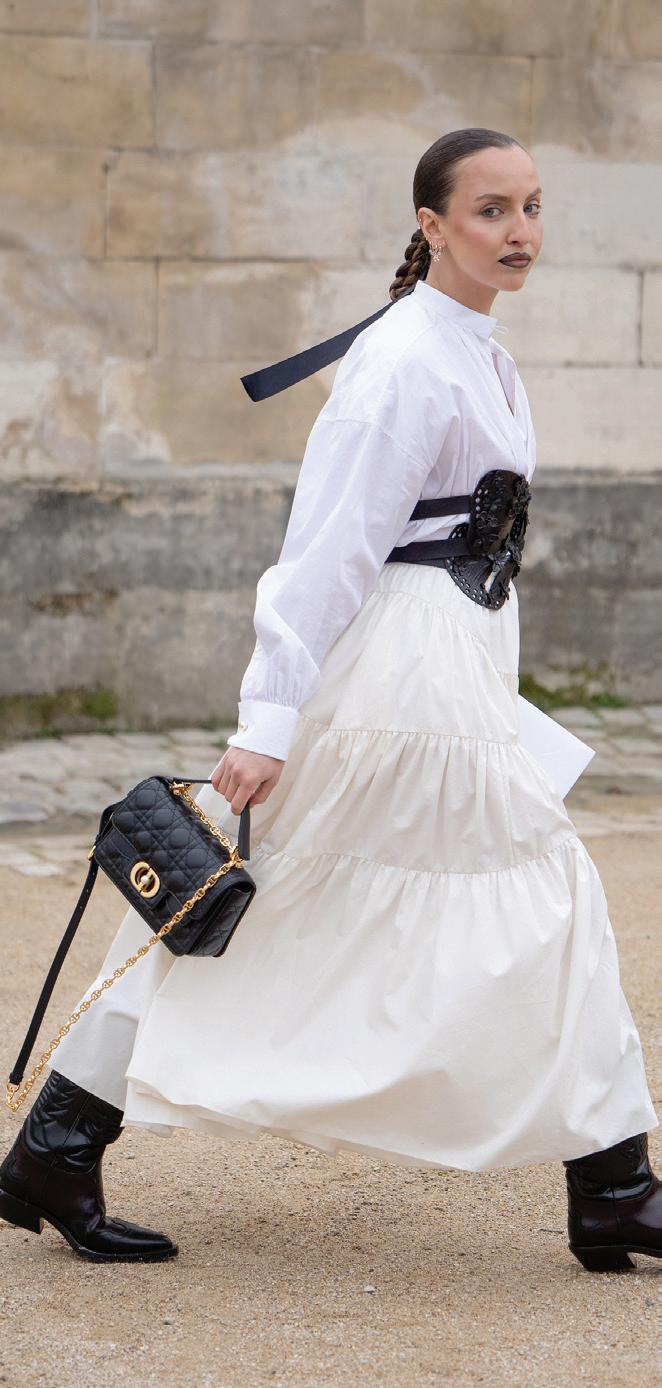










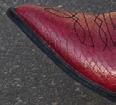
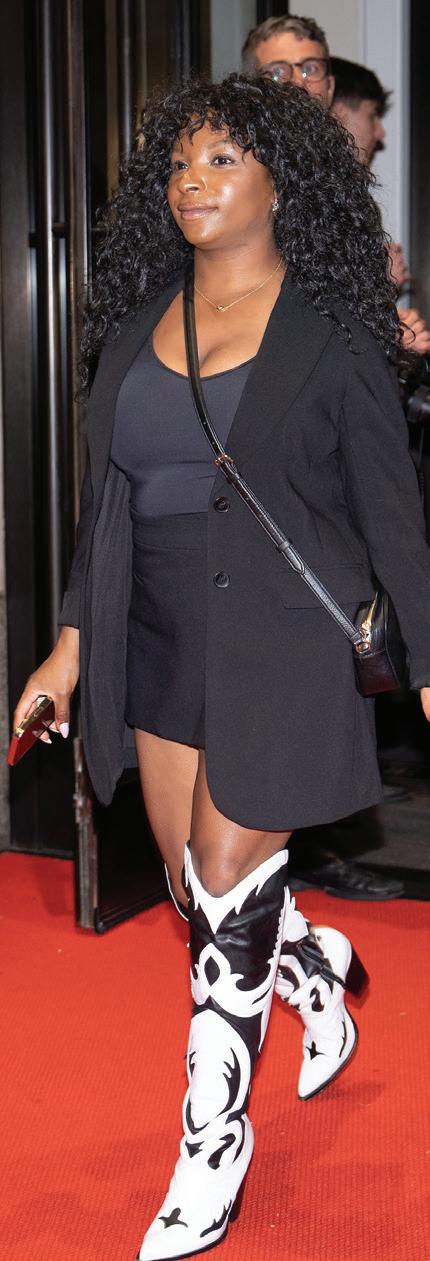
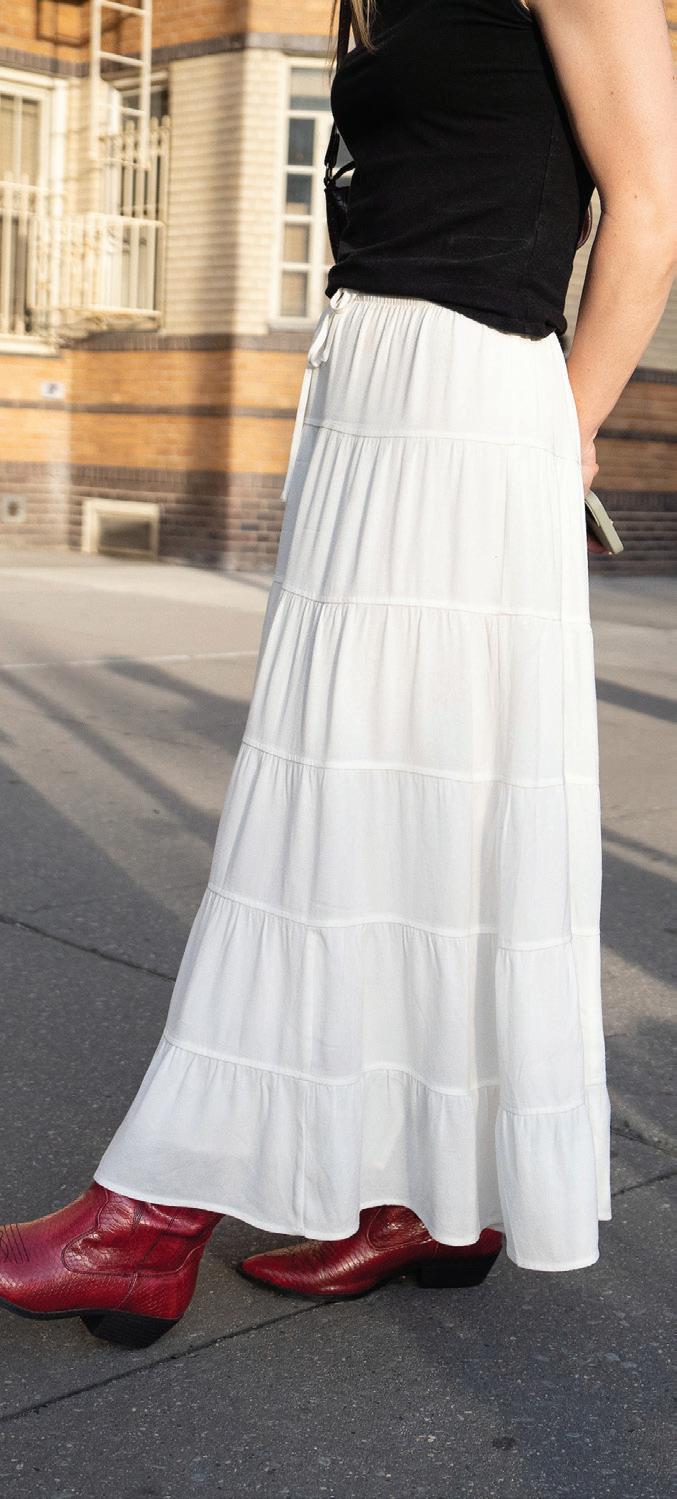


The
move to Sin City this July is just one of several draws.
LAS VEGAS IS a solid bet. For openers, the odds are very good on plenty of sunshine and nightlife options. The city also doubles down as an easier to get to and more affordable destination. Hence, The IR Show’s move to the recently renovated Horseshoe Convention Center, located on The Strip, for its July 28-30 edition.
“The timing, the city, the place—all under one roof with adjacent hotels/think no taxi lines—are designed to bring the industry together to get business done in a fun, affordable, and efficient format,” says says Gary Hauss, show director. “This event will be a showcase of the future of footwear. Attendees will be able to discover the latest trends and innovations in the industry, from cutting-edge technologies to sustainable materials to innovative design concepts.”
There will be plenty of opportunities to learn and network at IR. The show will feature a series of educational seminars and panels covering a wide range of relevant topics. On the morning of day one, Kari Palmer, marketing director of Schuler Shoes, will speak on “Untangling Modern Retail Challenges.” That evening there will be a Mix ‘n’ Mingle cocktail party on-site. On the morning of day two, USRA will sponsor a panel of experts who will discuss, “Thriving in an AI World,” offering insights on how the technology is reshaping retail and, most importantly, how to use it to an advantage. That evening, IR will host its Conversations Over Cocktails party featuring Comfort One’s Garrett Breton, owner, and Shawn O’Neill, partner and integrator.
“IR isn’t just about showcasing products; it’s also about learning and professional development,” Hauss says, adding that the industry is constantly evolving, driven by innovation, changing consumer preferences, and emerging technologies. “To stay ahead in this competitive landscape, vendors and retailers need to be at the forefront of industry trends, forge valuable connections, and explore new business opportunities.” Plus, he believes, networking is a key to success in any business. “IR provides the perfect platform to connect with industry leaders, peers, and potential collaborators. Whether you’re looking to forge deeper partnerships, find new suppliers, or explore new markets, the show offers ample opportunities to meet like-minded professionals and expand your network, and not just during show hours.” It’s especially important as there are fewer shows overall and the cost of travel is cutting back on in-store rep visits. “The opportunity to see and experience the latest products and technologies makes it easier for retailers to make informed purchasing decisions,” Hauss says. “It also helps vendors and retailers better understand the needs and concerns of each other.”
Here’s the
Ecco’s serves up ice cream palette golf collection.
HOW SWEET IT is! Ecco’s special-edition capsule collection, New Flavour of Golf, features a mouthwatering palette of pistachio, stracciatella, raspberry, and hazelnut-honey that’s made more tempting by a marble effect that resembles swirls of melting ice cream. What’s more, the Ecco logo on the insole is transformed into the shape of an ice cream cone.
The colors are refreshing takes on existing styles, including the Raspberry women’s Tray featuring pink accents. The Stracciatella is the men’s Classic Hybrid, a penny loafer in white leather with a chocolate outsole. The women’s BIOM C4 in Hazelnut-Honey, while the men’s version comes in Pistachio.
“This capsule collection represents a huge opportunity for Ecco Golf, to both step forward in golf fashion and to step outside of the box that confines the sport,” says Timo Vollrath, head of Global Marketing for Ecco Golf.

Rare Air 1984 Air Jordans up for auction.
OVER THE COURSE of Grey Flannel Auctions’ 30-year history it has sold more than 1,000 pairs of shoes of which the current top sale are 1984/85 Jordan 1s, rookie game worn and dual autographed by the legend himself. The price: $420,000.
That lofty figure could be surpassed with the auction house’s current sale of 1984 sample prototype Air Jordan 1s. The sneakers were initially banned by the NBA for flouting the rule that court shoes must be 51 percent white. Nike leaned into the controversy, agreeing to pay the $15,000 fines per game and advertising the “banned” shoes. Air Jordan debuted in April 1985 with the goal of making $3 million in the first three years. The earnings were $126 million in year one.
The shoe—and the player—went onto change sports history. Hence Michael Russek, director of operations for Grey Flannel Auctions, belief that these shoes will break its sales record. “This is a very special and rare pair; they’re undisputedly one of the earliest Jordans ever produced and will likely become the earliest pair ever sold publicly,” he says, noting that online bidding started at $25,000. “It’s possible these could become one of the most expensive Jordans ever sold.”
The pair predates the iconic Jumpman and wings logos. The left shoe is size 13 and the right 13.5—custom ordered to Jordan’s specifications. The pair is accompanied by a letter from the consignor stating that shoes were gifted by Nike to a college basketball coach in Portland, OR, for allowing the design team to wear test different Jordan prototypes with his athletes. The pair has been meticulously preserved and never displayed. Bidding closes June 9.

“NOTHING RUNS LIKE A DEERE.” So claims the 187-year-old American tractor brand’s legendary tagline. And that now includes the Skechers x John Deere collection, debuting this July in select retailers worldwide. The iconic leaping deer logo will be emblazoned on a collection of sport adventure, work, utility sneaker, and casual styles designed for agricultural professionals, construction workers, outdoor enthusiasts, and everyday trendsetters.

“Skechers x John Deere is the union of two trusted American brands— bringing their appeal, their technologies, their style—all to deliver comfort that performs to millions who need and want it,” says Michael Greenberg, president of Skechers. “As the country’s number-one work footwear brand, this new offering is a natural for us, but Skechers x John Deere also epitomizes the outdoors and fashion for millions of followers and fans. From specialty boutiques and leading department stores to work retailers, we plan to hit the ground running with the pinnacle of distribution around the world, as John Deere is best in class: a highly recognized and valued name with tremendous untapped potential for the greater market.”
Designed with sturdy construction and upgraded with premium
and waterproof materials, as well as protective features like Poron XRD metatarsal protection, the men’s collection offers function and fashion, pairing Deere’s rugged durability with Skechers’ comfort, style, and value. The initial line will include patented Skechers Hands Free Slip-ins construction, Arch Fit support, and roomier Relaxed Fit comfort design. Children’s styles will feature Skechers Air-Cooled Memory Foam insoles and machine washable technology. “We’ve worked in close collaboration with John Deere’s team to ensure that our offering meets consumers’ needs—from our advanced technologies to durable designs emblazoned with their iconic colors,” Greenberg says, adding that the collection will serve many demographics. “We’re confident that Skechers x John Deere will build a devoted following across work, fashion and the street.”
“The John Deere brand is exemplified by the active, hard-working farmers, construction workers, maintenance crews, and weekend warriors who bring our brand to life,” states Mara Downing, vice president of Corporate Communications and Brand Management. “We’re thrilled this partnership will bring the innovative, rugged and high-quality footwear Skechers is known for to all those who live and work just as hard as our customers.”
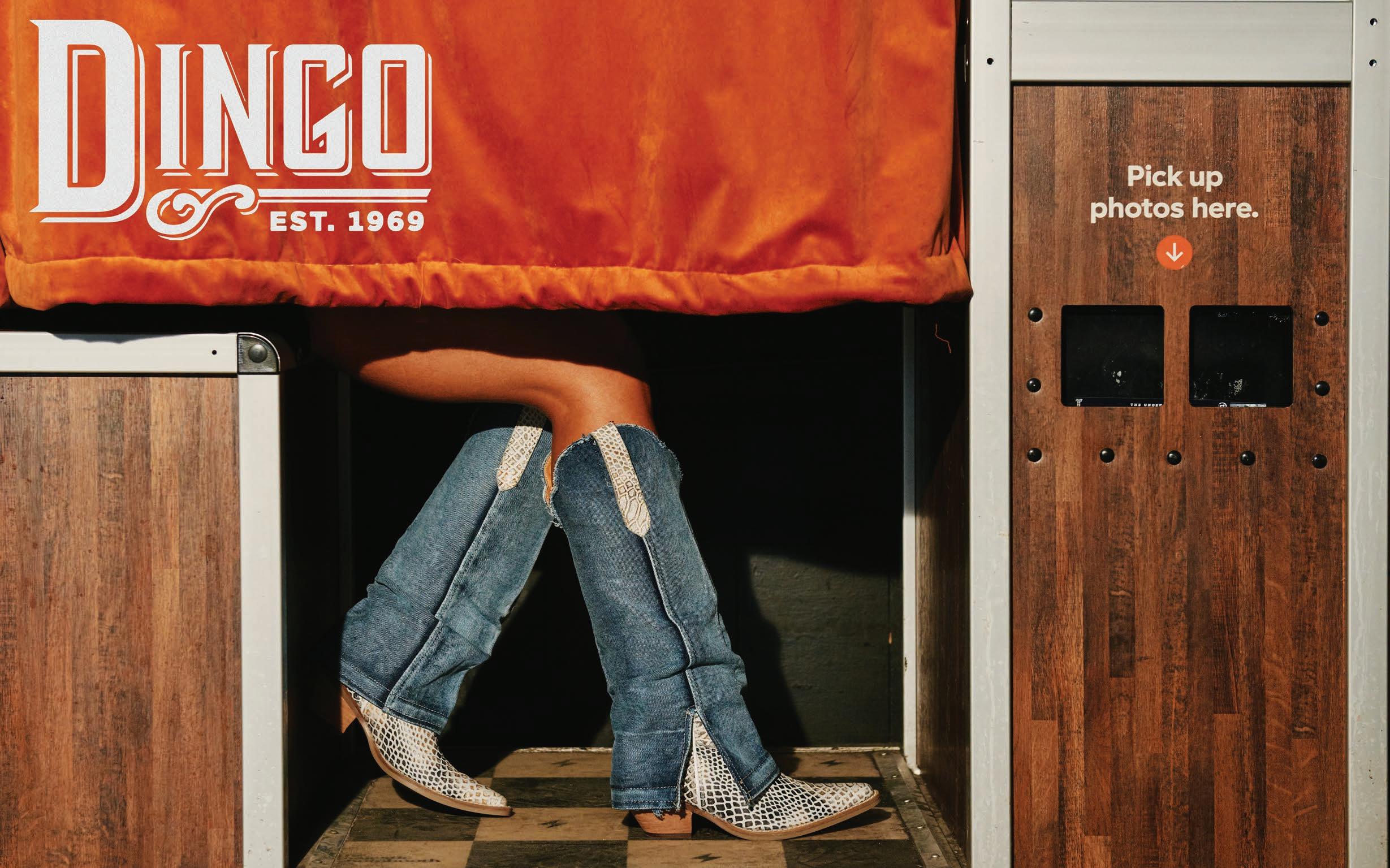
Rich Rask, president of Rieker USA, on why the parent company’s manufacturing muscle is a difference maker in unsettled times.
THE NUMBERS SPEAK volumes. Rieker Footwear, makers of Rieker and Remonte, is celebrating its 150th anniversary this year. It’s a long run that’s made even more noteworthy because the company is still privately owned and operated by the Rieker family, now in its fifth generation. Like a well-oiled German machine (now based in Switzerland), Rieker continues to do what it does best: make a lot of shoes, as the company employs approximately 20,000 employees in Morocco, Slovakia, Tunisia, and its three company-owned factories in Vietnam.
Rieker is one of the last vertical shoe manufacturers on the planet, says Rich Rask, who has been president of its U.S. division for 16 years. The breadth and depth of the Rieker and Remonte seasonal selection run deep. What’s more, the company’s track record of delivering top-notch quality consistently, in-full and on-time, is unmatched. Rask believes Rieker provides the ultimate reliable resource in an increasingly turbulent industry. It’s why he’s so optimistic about the company’s growth potential in the States going forward.
“Having this massive flagship to rely on is reassuring, because I know we have the resources and backing to make business happen,” Rask says. “I work for a genuine shoemaker, whereas most of the others are marketing companies that happen to sell shoes.”
Rieker’s vertical business structure is a huge point of differentiation, Rask stresses. “Most production is now being made by third-party manufacturing, which moves frequently from one country/factory to the next. As a result, there’s little consistency,” he says. “By contrast, our comfort, fit, quality, and styling are going to come out of the box the same way the samples are presented.” Rask adds that the Vietnam operations are a sight to behold. “It’s pretty awesome seeing employees just making our shoes,” he says. “We have our own color kitchen; we make our own lasts…we do everything from start to finish. We are truly shoe manufacturers, and I say that with great pride.”
The sheer volume of styles Rieker makes each season is a key selling point

to retailers, according to Rask. There's plenty of styles to choose from. The wide selection can also give retailers a head start on trends. If a particular color, material, or silhouette is trending, there’s a good chance the company has it covered. “Because our lines are so big, we often see what’s happening in Europe and I can bring that into our collections for our retailers to get in on,” Rask explains. “Even if it’s just a particular color or a mix of materials, we can pick from those successes; a lot of companies will never even see that because their ranges are so much smaller.”


Remonte styles feature premium materials.
“We were one of the few,” he notes. “So regardless of what’s going on in the world, we’ll continue to push through and make new shoes, which is always exciting as well as reassuring.”
You’re on a record sales pace when many brands are struggling in what is a very difficult industry climate. What gives?
It starts with our extremely diverse collections, which enables us to be so many things to our retail partners. We can offer a lot of products to a lot of different customers. We can dial in on different areas of distribution without overlapping. Also, we’re not just pigeonholed into one small category. We’re able to sell boutiques, mom-and-pop independents, and majors. And we can fill distinct voids. Plus, our retailers have the comfort of knowing the shoes will look and fit like we claim. Sometimes, it’s easier to work with one partner who they already trust and have a strong relationship. They can add a SKU here and there, instead of having to add a separate brand. We’re also one of the higher maintained margin brands in the industry because we’re not sold everywhere. That gives our retailers a point of difference, and it’s one of the reasons we’re
The extensive selection also lends itself to serving a broad retail base without much style overlap. That has enabled Rask to steadily expand Rieker’s presence among its primarily independent specialty distribution base. “We’re no longer confined to that ‘comfort box,’” he says, adding that’s not what the brand is about. “Rieker is an out-of-the-box, items-driven brand and, over the past few years, we’ve opened up our retailers to trusting that approach because our shoemaking abilities enable us to keep up with the latest trends. We’ve incorporated our comfort and width base with more pop and pizazz.”
The same goes for Remonte, although it’s built more on collections and comes in at a slightly more premium price point. “Remonte is all about removable insoles and the highest-grade materials, which entails 90 percent leather,” Rask says. “It’s premium comfort and great styling.” The company recently partnered with actress/model/ fashion icon Elizabeth Hurley for its new advertising campaign, “Great Women Wear Great Shoes.” The campaign will run this fall and winter in more than 15 countries and will run for two seasons. It’s a move Rask believes will create brand awareness and send a message that the parent company is committed to growing Remonte.
That message is steadily getting through, Rask reports. “We’re doing well. Our product is spoton,” he says. But Rask isn’t resting on any laurels. There’s too much uncertainty in the world to hit cruise control. “The upcoming election, the state of the economy, and all the turmoil around the world…We feel that, as well,” he says. “But the overriding assurance with us is the strength of our parent company.” Rieker is going to keep making shoes, just like it did straight through the pandemic.
What are you reading? The Book of Five Rings by Miyamoto Musashi, which he wrote in 1643. He was an undefeated samurai. It was highly recommended, and I’m working through it trying to find the meaning of life, basically.
What was the last show you watched? My family and I are big Harlan Coben fans, and the last mini-series we watched was The Innocent on Netflix.
What might people be surprised to know about you? I played the violin in the school orchestra during elementary school. More recently, I’m a volunteer basketball coach at an elementary school.
What is the best piece of business advice you’ve ever received? Always have your ears open and listen to learn what’s going on and what your customers’ needs are.
Who is your most coveted dinner guest? I want one more dinner with my mom. She
passed at a pretty young age. I’d tell her about what my three kids are doing and see how ecstatic she’d be as a grandma. That would be it for me.
What is inspiring you right now? Striving to continue to build on Rieker and Remonte’s U.S. businesses.
What did you want to be when you grew up? I wanted to win the Green Jacket. But then work got in the way. Then you lose another 15 years or so raising a family. But I’ve been getting back into playing of late, and my sons like golf, so that’s fun.
What was your first-ever paying job? I was 16 and it was stocking shoes at a Nordstrom in Northern California. When I was 18, I moved to Southern California and did the same thing while playing basketball at Saddleback College. They’d just bury me in the stockroom to get ready for the anniversary and half-yearly sales. And once I earned my stripes, they threw
me onto the sales floor. That’s how I got going in this business.
First concert and best concert? My first was Van Halen in 1984 at the Cow Palace. I was a freshman in high school. I remember exactly what I wore. My best concert, by far, was U2 in Amsterdam. I went with my oldest son, who was 18 at the time, and a Rieker colleague.
Where is your moment of Zen? Definitely not at a Van Halen concert. Being a Pisces, I love swimming in the ocean. That’s where I always feel best.
What is your favorite hometown memory? I grew up in Bellevue, WA, and it’s of playing sports at the local Boys & Girls Club. I spent hours and hours there with my friends, playing basketball, ping pong, flag football… whatever games they offered.
What is your motto? Attitude is a little thing that makes a big difference. I try to improve myself at least one percent every day. If you do that, hopefully it adds up to being a better person.
growing. We’re also very protective of our brands and our retail partnerships. With regards to the latter, they’ve bought us to the dance. We only want to do what’s best for them. Overall, it boils down to our ability to work with our retailers, and we’ve been building upon that partnership and trust since 1987 in the U.S. and for 150 years around the world.
Do you feel like Rieker and Remonte are poised to take that next big step in the U.S.?
Yes. But I never want to say we’ve arrived, because I’m never fully satisfied. I’d say we have tremendous potential, and you’re going to see growth in both brands based on the platforms that we’ve built. But we’re just scratching the surface of our potential here. Rieker and Remonte aren’t household names yet. But we’ve got a lot of opportunity, which is exciting. I’m confident that, over the next few years, we’re going to create some momentum with both brands in this market. The separate design teams working on Rieker and Remonte are a huge asset, particulary their efforts in stregthening our Rieker Sport & Style in men’s and women’s, which is trending strongly of late.
Are you able to tweak designs to meet the particular tastes of the U.S. market, which many Euro comfort brands have resisted doing? Our tweaks are related to bringing the best materials and components into our U.S. collections. I also think the American and European taste levels have become more aligned, so there doesn’t need to be those changes, especially in men’s.
Are Rieker and Remonte sold separately?
Yes. In fact, I instruct my reps to go in with a Rieker hat one day and a Remonte hat another day, if possible. Both brands demand their own open-to buys, because they’re that distinct and good. Rieker, of late, is getting a lot of growth in men’s. We are experiencing stronger distribution and traction. The market has opened up for us as we’re making the right products. Remonte is gaining a lot of momentum, too. It all goes back to quality, fit, consistency, reliability, etc. It’s that small margin of error where you can hang your hat on consistency and execution that makes a big difference at the end of the day.
What keeps you awake at night?
It’s a very tough industry environment. Keeping your head above water is a win right now. There’s a lot of sameness and not a lot of newness. Plus, I don’t see the sneaker trend, which historically has been cyclical, going away any time soon. Travel around the country and you’ll see nine out of 10 people wearing sneakers. It narrows the playing field even further. Hence, the focus on our Rieker Sport & Style category in men’s and women’s.

Rieker Comfort & Style fashion spans men’s and women’s.

The shoe biz is the only one Rich Rask has ever known, and that’s perfectly fine with him.
First industry, only industry. So it goes for Rich Rask. And now, 32 years in and still going strong, he’s got shoe leather for veins. He wouldn’t have it any other way.
“I’m a product guy; I’ve always loved shoes,” Rask says. “I probably don’t wear the same shoes more than two or three times, ever.”
Rask’s industry roots run deep. After stocking shelves and working the floor at a couple of California Nordstrom stores during high school and college, his first job upon graduation in 1992 was as the Southern California rep for Fila. He hit the ground running—a full-on sprint. The brand rocketed in popularity during his seven-year tenure. Rask enjoyed the ride.
Next stop for Rask: Northern California rep for Josef Seibel. It’s where Rask fell in love with the brown shoe side of the business. Unlike athletic, which was basically sell-in and see you in six months, this side is all about relationship-building. Rask has been hooked ever since. “I’ve worked on many of the floors of my customers, doing trunk shows nationwide,” he says. “I pride myself on making genuine relationships with these retailers.”
In fact, when Rask first joined Rieker USA as a key accounts manager in 2006, he asked to have a territory because he “needed to be on the ground floor.” He’s basically been there ever since. “To keep Rieker and Remonte moving in the right direction, you need to know what’s happening inside your retailers’ doors—meeting with their salespeople and seeing what’s going on,” he says. “Every time I go into those doors, it’s like an adrenaline shot, and seeing them working their tails off…if I can help them succeed and it leads to a long partnership, it’s a win-win. That’s what’s fun about it, and what keeps me in this business.” —G.D.
It helps to have such a strong parent company. I count my lucky stars, because I work for a great company filled with great people. I’ve established strong relationships with management as well as our line builders. Many of our employees have been with us for as long as me, if not a lot longer. That familiarity breeds teamwork and understanding. We’re all on the same page. I’m truly blessed.
What do you love most about your job?
First off, the people. It’s what this business is all about. The relationships I’ve developed and maintained over the years mean everything to me. Plus, I love the backside of this business—delivering shoes and making sure they sell through and meet the expectation of our retailers. It’s hands-on and about building relationships, and it’s always rewarding to see those final results at the end of a season. I’m also a shoe freak, in general. I just love the product, and I love being involved in figuring out what we need to do for the U.S. market. Whenever I get into the stores and see that our shoes are selling, our customers are excited…I’m reminded why I love this business so much. It’s that energy. It’s where I started, and it’s in my blood. •

The art of making footwear requires skill, precision, and attention to detail. Like actor Barry Corbin’s dedication to his craft, Twisted X® has committed to mastering the balance of style, functionality, and comfort in our finest collection of footwear to date. Explore our entire Reserve Collection by visiting twistedx.com/reserve.

Laurel Tate, co-owner of Two Sole Sisters, reflects on the kin, customers, and coworkers who make up one giant happy family.
DEAR 12-YEAR-OLD LAUREL…Well, I regret to inform you that you did not become a pickup man on the pro rodeo circuit, nor did you become an attorney as your political science degree from Texas Christian University might have led you to believe. However, it’s no surprise, coming from a long line of entrepreneurs, that you’ve followed in their confident and creative footsteps by co-creating another family business—just not in Texas. Are you ready for this? You own a boutique shoe store in Boulder, CO, with your sister, Lindsey. It’s called Two Sole Sisters, and we just celebrated our 16th anniversary!
You love everything about the business—shoes, employees, customers, vendors, you name it. You especially love the growing family that it all entails. You also love the female empowerment Two Sole Sisters fosters and celebrates. It’s the icing on the cake!
Now just how did you get here? Actually, your entrepreneurial lineage starts earlier, when you launch Who’s Got Thyme Catering in 1998. Cooking for people is one of the many ways the women in our family show love. Remember how you loved watching Honey (grandma) and mom make delicious dinners and desserts? Well, that feeds your desire to get into the catering business. Plus, you’re sick of standard party menus—the boring chicken, bland pasta primavera, and tired hors d’oeuvres. Your menus are based on what customers love to eat, and dream of serving their guests. Think lavish charcuterie and cheese boards, grilled portobello mushrooms stuffed with pesto and smoked mozzarella over sauteed spinach, and slow-roasted prime rib. Yum! The business mushrooms from a small cheffing company into a full-service catering operation in just a few years. You grow to seven full-time employees and, one summer, you cater 43 weddings! Phew!
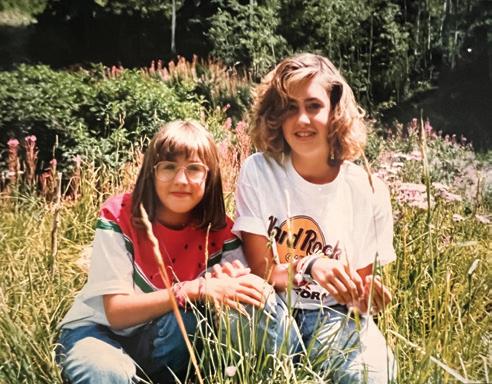
The demands of running a catering business serve you well for shoe retailing. Plus, you’re a born leader. Of course, launching any business from scratch has it learning curves and challenges. To this day, you and Lindsey laugh about your tiny open-to-buy during those salad days. But you work hard and grow the business organically. And while opening in 2008, smack in the middle of the Financial Crisis, could be seen abysmal timing, you both only see opportunity. Women still need and love shoes! It helps, though, that you two are the sole employees then. It allows you to run a tight ship.
As the years go by, Two Sole Sisters becomes a fixture in the Boulder community. Customers liken the cozy space to the local barber shop. The experience goes way beyond a transaction. Anyone can sell shoes, but we sell a feeling. We fit our customers properly, even though we aren’t a sit-and-fit store. We’re fashion that feels good, and that involves both body and mind. Our merchandise empowers women to look and feel their best. Customers are cared for and valued. Thus, no high-pressure sales tactics. Our approach is soft and sincere. We tell the stories behind the styles we thoughtfully curate.

and now.
Some of your dearest friends start as customers. What a bonus gift! Same goes for employees, like Caterina Piffer, who joins the team in 2015. Your dear friend, Candy Herrington, asks a favor to hire the young Italian woman. You accept without hesitation, opening your home to her as well. Her family has been in the shoe business, and that common bond makes for a fast friendship. Caterina becomes your little sister, as well as big sister to your son, Wyatt. In 2023, you travel to Trentino, Italy, to attend her wedding and spend time with her family that you now call your own.
Catering is tough. The hours are unimaginable, the pace frenetic, and the margins thinner than a sheet of phyllo dough. In the mid aughts you start dreaming about launching another business. Then one day you and Lindsey, who works in software sales, attempt to go shoe shopping only to discover that Boulder is barren of boutiques. For the next two years you joke about opening a shoe store together to fill that market void. You envision an inviting place that showcases artisan and up-andcoming brands that aren’t found everywhere else.
Then, in 2007, Lindsey calls and says she’s fed up with software sales! It’s the call you’ve been waiting for. You jump at the chance to create a store offering amazing shoes and where women will feel respected, appreciated, and understood. This thread of female empowerment serves as a guiding light for your new venture.
Appreciate and respect all your employees. Never forget the day you decide to change your business philosophy from the customer always comes first to your employees. It might be the smartest business decision you ever make. Treating every employee as an extension of the Two Sole Sisters family empowers them, which enables them to grow and flourish. What’s more, customers reap the benefits through better service. Like Rachel Nowicki, our stellar store manager of 11 years. She’s our third sister. We couldn’t serve our customers without her!
Indeed, family has always been a big part of your life. But it means much more than blood relations. Family is about a sense of belonging and understanding. It includes friends, coworkers, customers, and mentors who all support and uplift you. Two Sole Sisters is an enormous family that keeps expanding. It has enabled you to raise a family, work alongside your sister, play cowgirl on the weekends, and share your passion for unique footwear. Yes, you’re a total shoe geek. Nothing beats talking shop with vendors and sharing that passion with customers. It’s a labor of love. I can’t wait for you to come in and see it!
Spotted all over the Spring/Summer ’24 runways, the classic silhouette is having a moment, dressed up or down.



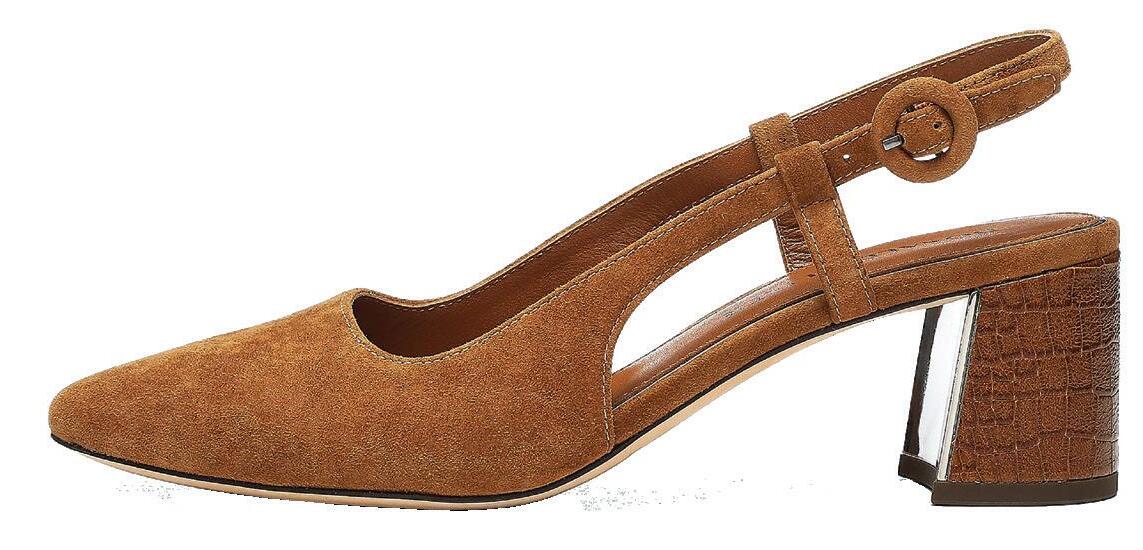



WHILE THE EXACT founding year of Wild Bill’s Western Store in Dallas’s West End Historic District remains a mystery (the shop is believed to have opened 40ish years ago), one thing is certain: the family-owned business is a destination for all things Western wear.
Customers are greeted by a 20-foot longhorn and 10-foot silver and gold buckle above the entrance, a prime Dallas selfie backdrop. Inside, the rich smell of leather emanates from a vast collection of cowboy boots, hats, apparel, and accessories. Customers can hop on one of the saddle stool barstools, which date back to the late 1800s when the building was the city’s first drug store, while their cowboy hat is custom shaped and sized.
Owners Cody and Julie Newport are all about the experience complete with a healthy dose of Southern hospitality. “We take a lot of pride in offering world-class customer service, and we’re so grateful when customers email us, post on social media, or leave reviews about their experience in our store,” Julie says.
What are your top-selling boot brands? Dan Post, Lucchese, Corral, Lane, Justin, and Old Gringo.

Do a lot of tourists/first-timers pick out a hat to match their boots? Not all of them, but it does happen where they’re coming in for a Western event or they want to get decked out for a rodeo, concert, dancing, etc. Many customers do want to complete the look, and our staff spends a lot of time ensuring they have the right sizes and fits. As a result, we get a fair bit of return business when they’re ready for their next hat and/or pair of boots.
Who is your fastest-growing customer segment? Women, ages 25 to 34. We gather that’s due largely to our social media and online marketing, and the brand positionings within that segment. By expanding our Western fashion lines, we’re attracting younger customers who are inspired by this fashion but don’t wish to pay $300 for a pair of boots. A great example of that is Dingo. Several, if not most of their boots, are under $200.

What are some of your best-selling styles this season? For women’s boots, metallic, denim, and crystal elements are selling extremely well. I can’t say for certain, but the trends driven by the boot manufacturers not only align with music, movies, and TV shows, but also global fashion trends. For example, last summer, while traveling in Italy, we saw beautiful woven leather handbags and belts as well as Western style being incorporated into everyday fashion. That following month at the market, woven leather goods were incorporated into many of our existing vendor lines along with several new metallic styles. For men, exotic boots are on the rise. We carry several types, including caiman, python, and ostrich from bootmakers like Lucchese, Dan Post, Justin, and Blackjack.
What are your best-selling non-footwear items? Hats is our number-two category. Our top-selling brand is Stetson, and we also offer Bailey, Serratelli,
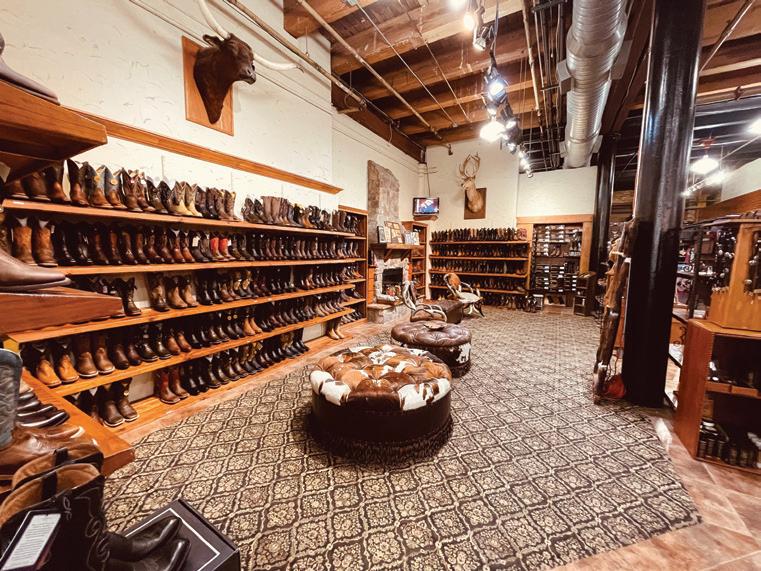
and Montecarlo, to name a few. We’re excited that we’ll also be launching our own line of straw, wool, and felt hats later this summer. Since expanding our offering for apparel, accessories, and jewelry, sales in those categories have increased dramatically. It goes back to understanding our customer demographics, and that they’re not the same all year long. We work diligently to take the convention calendar and seasonality into consideration when buying.
Are you experiencing a Taylor Swift/Beyoncé sales bounce? We’ve leveraged Taylor Swift and Beyoncé’s notoriety as crossover artists to draw attention to our Western fashion lines to a younger audience on our social media. That said, our core customer still skew a bit older as many of our boots and hats are higher end.
What about a Yellowstone effect? That effect has slowed down in terms of Yellowstone-branded items. What it has done, though, is draw mass attention to timeless Western-inspired fashion that has always been present in our industry. It has made these styles more mainstream, allowing customers to integrate Western style into everyday fashion.
Do you think Western fashion’s growing popularity of late represents a long-term lifestyle shift? If you look back into pop culture history, you’ll see Western fashion present in nearly every generation with a slight variation. I think it’s important, as a retailer, to stay on top of what’s trending and consider adding those lines that speak to what’s happening in pop culture at the time. As testament to Wild Bill’s legacy, Western fashion never goes out of style. People visiting want to take a piece of Dallas/Texas home with them. We have customers that come back year after year or place special orders for their next pair of boots or hat.
It’s high time to shop for all things Western wear.


EACH YEAR, DROVES of tourists and locals flock to Nashville’s Broadway Historic District in search of live music, authentic honky-tonks, Southern comfort food, and great cowboy boots. A Downtown Nashville staple since the ’90s, Big Time Boots caters to this broad demographic with its extensive array of Western boots, hats, apparel, and accessories that fill up three levels of space. The shop offers a selection of high-end boot brands such as Lucchese and Old Gringo, as well as the more affordable Ariat and Dingo.
Founded by co-owners Ed and Karen Smith, Big Time Boots is one of the two Broadway boot stores owned by the couple’s 44-year-old company, Nashville Trail. The second being Betty Boots, the country’s first all-women’s Western boutique. Big Time Boots’ buyer Jennie Sapp-Dietsch views the recent pop culturedriven Western wear trend as an opportunity to attract a younger audience to both stores. “We love this industry and how much of a family it is,” she says. “I can’t wait to see how we adapt with this mainstream trend and come out on the other side with a new generation of cowboy boot enthusiasts.”
What are your top-sellling boot brands? Dingo, Dan Post, Old Gringo, Lucchese, and Ariat
What are best-selling styles this season? A mixture
of boots that are either basic first boots or really extravagant statement boots covered in rhinestones. Everyone wants classic silhouettes right now.
What is the best new brand of late that you’ve added to your mix? We just added Hyer Boots, and have gotten very good feedback as far as their quality.
What are your best-selling non-footwear items? Cowboy hats! Hats of all shapes, sizes, and colors.
Do tourists/first-timers like to pick out a hat to match boots? The typical Nashville visitors either choose boots or a hat. They find it more practical to have one key item tto wear when they go back home.
What is your fastest-growing customer segment? The younger generation. Unlike generations before, we no longer have that grandpa wearing a Stetson hat and cowboy boots to look up to, so you have to discover all of these things on your own.
Are you experiencing a Taylor Swift/Beyoncé bounce and, if so, how so? I think that Taylor Swift has a huge impact on some of the trends right now in the Western industry, especially incorporating rhinestones and embellishments on boots. After her Eras tour started, everyone was looking for boots like she wears on stage in all varieties. As far as the Beyoncé bounce, I don’t think that trend has made it to Nashville yet, but we’re usually a little behind the curve on trends.
What about a Yellowstone effect? Yellowstone has had a huge effect on our business because everyone wants a cowboy hat right now. Either you are a Beth Dutton baddie, or you want your man to sport a black hat like Rip Wheeler.
Do you think Western fashion’s pop culture interest is a long-term lifestyle shift? It’s definitely making Western style more mainstream for everyone to try. What we sell isn’t a passing trend, and I’m confident that if you come to us and find that perfect pair of boots, you’ll come back for another pair for your next special occasion.
What’s the smartest business decision you’ve made this year? Purchasing a 10,000-square-foot distribution facility! It allows us to hold merchandise in a place where it can be well-organized and accessed when we need it so that we can replenish faster after a successful weekend.
What are your top goals for the rest of this year? To keep my shelves stocked, keep my staff engaged and excited to come to work, and to make sure we’re putting our best foot forward every time our doors are open to our guests on Broadway.
What is your top challenge? Staffing. We’re a family-owned business, and you must have the right mix of personalities and experience on the salesfloor to keep the atmosphere in the stores just as fun as it is at the bars on Broadway. —Kiernan McCormick
Approaching
a
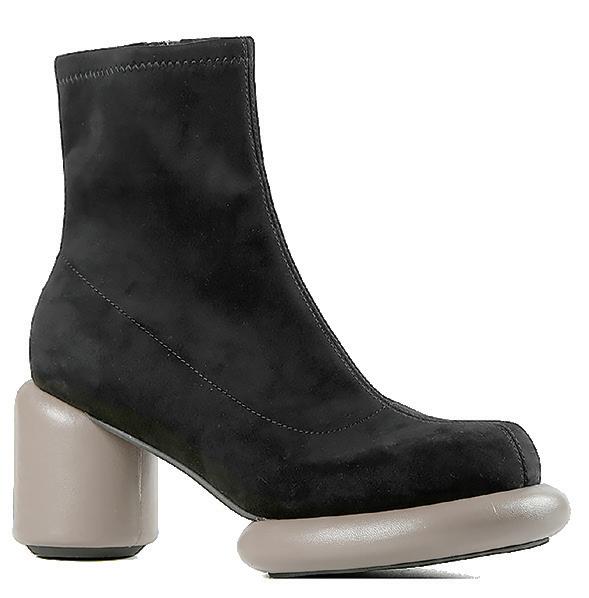
o one saw this coming: the rise of All Black Footwear into a go-to source for edgy, wearable styles currently sold in approximately 300 boutiques across North America that cater to thousands of loyal fans season after season. While still relatively small, the brand is often at the front of big trends, having carved out a niche through innovative materials (like recycled fish skin and lacquered recycled Chinese newspapers) and statement silhouettes that run from dainty ballet flats to bold sawtooth platforms to its latest round sole Mod series. Parent company ACL Footwear, based in Taiwan, and Marty Rose, distribution manager for North America, aren’t consumed with trying to become the biggest brand. Rather, they stay true to All Black Footwear’s indie roots, always pushing the envelope on design. By owning a factory in Taiwan and through sourcing partnerships in Italy, Spain, China, Bangladesh, and Turkey, the company calls its own shots on what, how much, and who they sell. Attractive qualities like independence and flexibility keep the brand’s dance card full.
But 20 years ago, the odds that All Black Footwear would survive a season, never mind amounting to what it is today, seemed infinitesimally small. Picture this: Rose, who had spent the previous 25 years working in the advertising and high-end fashion businesses as a top exec, took on a new industry and set his sights on distributing a start-up brand with a mere handful of accounts in the U.S. What’s more, his ACL Footwear partners barely spoke English. Undeterred, a few team members arrived in New York, samples in tow, to help Rose set up shop at a June

FFANY show. Rose, having heard through the grapevine that it was a good venue to introduce a new brand, took the last booth available, which was next to a bathroom. No one wanted it. But Rose saw it differently: “I thought, I’m sure I’ll get a lot of traffic passing by.”
Rose’s assumption was spot-on. His outsider’s approach to an array of brand-building tactics has been, too. That first show was busy. Day one saw orders from boutiques in Chicago, L.A., and New York. Day two was even better. That’s when a buyer came into the booth wearing All Black Footwear shoes that she’d bought at American Rag. She loved the brand. Rose told her he felt sure there were a lot more people like her. The woman happened to work for Anthropologie. She returned later with her team and picked out 15 styles. “It was very serendipitous and exciting that on the second day of our first show we landed a major account,” Rose recalls, adding that Anthropologie called a few months later to reorder. They’ve been a customer ever since.
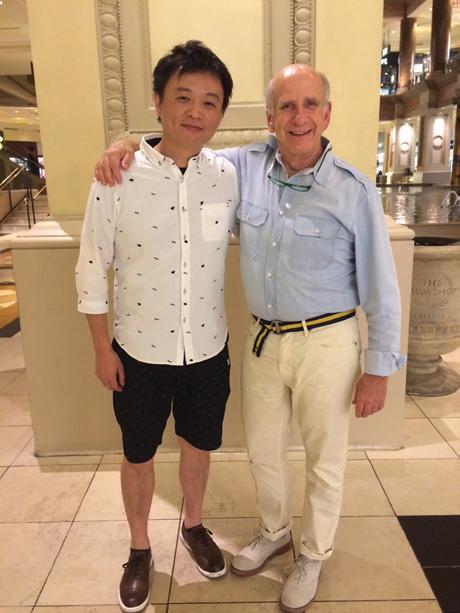
While Rose didn’t know squat about shoes then, he knew plenty about marketing, brand building, and retail. He saw potential in All Black Footwear despite the enormous odds and industry unknowns staring him in the face. He relied on his strong business sense. For example, he respected American Rag. “They were selective, buying about six of our styles, but had been reordering for about two years,” Rose says. “I thought: American Rag is very cool. If they see a future in this brand, I should see one, too.”
Coming off the high of that first show, Rose told his partners that he wanted to take another booth at FFANY’s upcoming
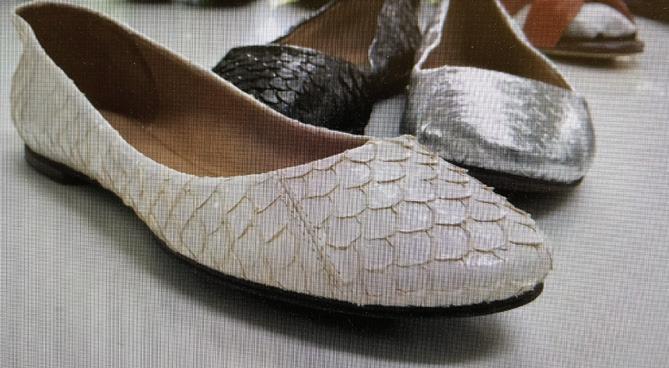
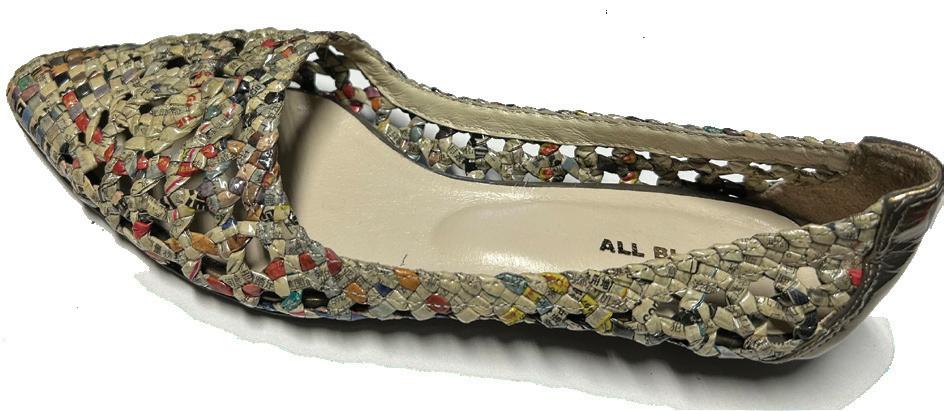
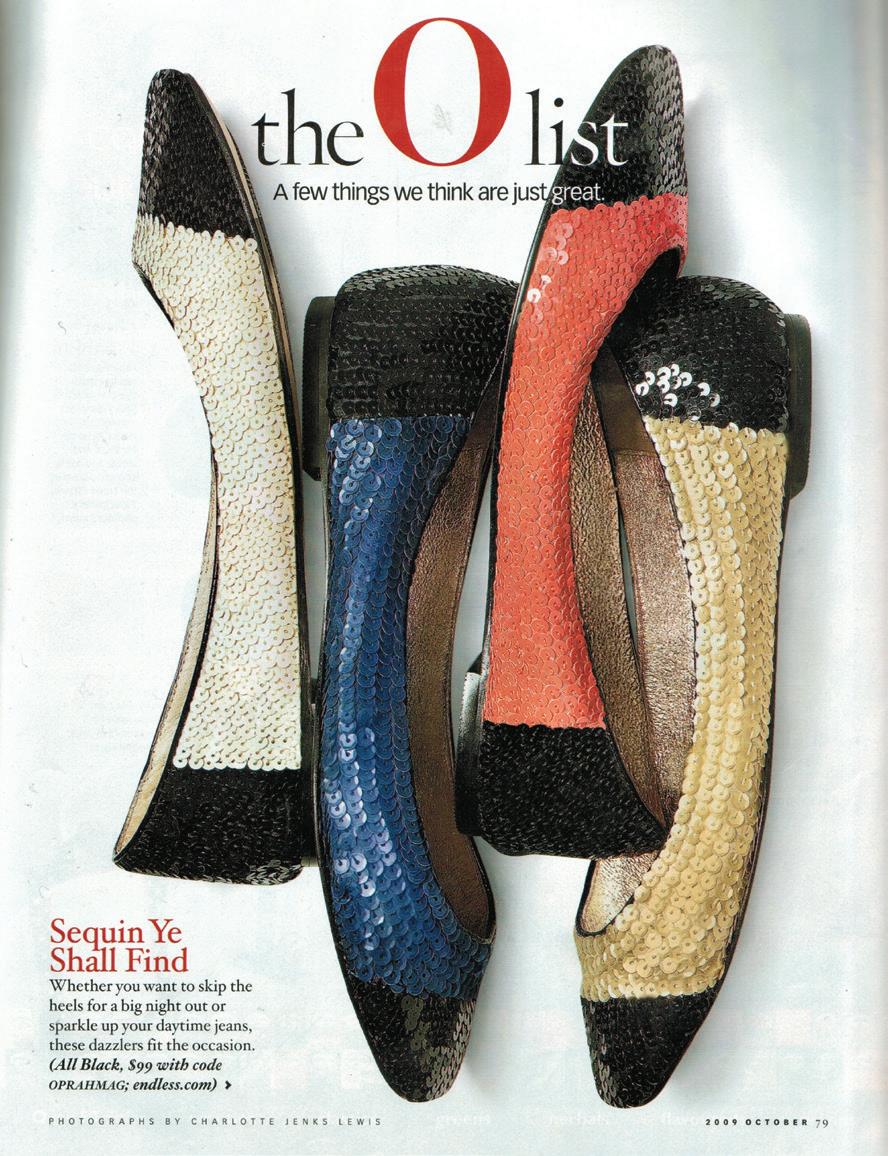
December edition. But it took some convincing. “They initially said one show a year was enough,” Rose says. “I said when a retailer like Anthropologie buys our shoes, sells out, and reorders, that means other retailers will follow their lead.” Rose’s common sense again proved correct. “We had a line of customers waiting outside our booth before we opened on the first day,” he says, noting that the owners’ son, Richie Laio, now president, made that trip and has been a trusted partner ever since. “We got a bunch of orders. It went better than we could have possibly imagined.”
All Black Footwear charged out of the gate. “The first couple of years were like a dream come true for an entrepreneur,” Rose recalls, adding that the brand’s trade show schedule quickly expanded to events year-round and nationwide. “We were growing, getting reorders, and then Nordstrom put us in 20 or so doors. We became a pretty big deal and quickly built a nice, solid business.”
In addition to innovative designs and materials, Liao attributes All Black Footwear’s rise to being a reliable partner. “We keep our promises by delivering on-time, and we always stand behind our customers,” he says. “As a factory-based company, we understand the challenges of small-quantity orders, but we rarely turn down requests when someone expresses interest.” Liao adds, “We always strive to make our customers feel like they’re part of our family and working with them to bring their visions to life, even if we just make eight pairs.”
Owning a factory, Rose adds, has been a difference maker in keeping All Black Footwear at the forefront of fashion. The brand doesn’t have to sweat huge minimums required by many factories. “We have a lot more flexibility; if we like something, we make it,” he explains, citing the company’s new Mod series as the latest example. “That could have been a gamble if we had to make the usual minimums.” For the record, Rose reports that the collection has sold in very well for this fall. “That’s because it’s very different looking,” he says. “Buyers come to us because they know we’re going to always have something they haven’t seen before.”
Uniqueness, above all, is the leading ingredient in the All Black Footwear recipe. “We’re not ‘just another shoe brand.’ We’re in front and/or create trends,” Rose says, noting that its styles are more affordable than designer labels. The other key ingredient of this brand recipe is to never target a specific age group,

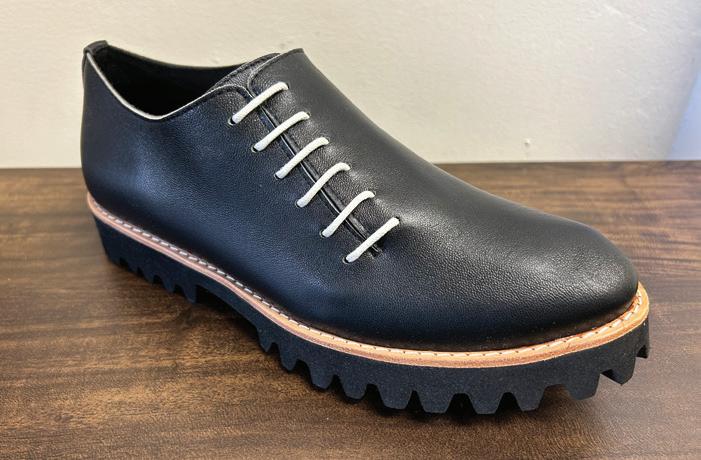
income segment, or demographic. “We target a state of mind, a woman who wants something different and likes edgy styling but doesn’t cross the line into risky. That’s how we’ve built the brand,” he says.
The styles that first defined the look were ballet flats. The NYC Ballet (being rejuvenated for the 20th anniversary), Fish Ballet, and Sequin Ballet were huge hits. The latter was featured in Oprah magazine’s Favorite Things list. The innovative materials caught shoppers’ attention, as did the embellishments. “They had more interesting details than had been available before,” Rose says, adding that the follow-up Soft Bow collection, featuring a funky retro heel, became an even bigger success story. “That was one of Anthropologie’s best-selling shoes during those years,” he notes.
Then came All Black Footwear’s Hot News collection, featuring lacquered recycled newspaper uppers. This breakthrough in materials was the brainchild of Liao’s mother, Colin, who has since passed away. (She also came up with the brand name, which was a nod to the top tier “black label” collections created by various designers.) “Hot News was a huge hit,” Rose says. “Lucky magazine gave us a whole page promoting the collection.”
Hit styles that have followed include the Cowman loafer (2011), Tux slip-on (2014), Amazing Mesh sneaker (2015), and Flatform Shoetie (2017) . The factory does an excellent job expanding such popular styles into broader collections. Hot News, for example, branched out to a kitten heel and pocketbooks. The Cowman evolved into a cut-out style and a lug sole version. Rose is a firm believer that good ideas can have long lifespans. “We just keep introducing fresh treatments, like our Amazing Mesh sneakers; they’re now going on eight years, and the styles keep on selling,” he says.
Kate Blake, owner of Shoo in Milwaukee, WI, and All Black Footwear’s traveling rep, says Amazing Mesh is the brand’s best-selling style in her store. “There was nothing like it in the market when it debuted, and it has become a fan favorite,” she reports, adding that customers often buy multiple pairs. “Not only do they wear it as an everyday, knock-around shoe, but it also works well for traveling, paired with a cute dress, and looks good with sweatpants.” The Side Core oxford, Flatform shoetie, and Tux slip-on have also been Shoo hits, according to Blake. “The Side Cord is different from everything else out there,” she says. “We’re on our fourth year carrying it.” Shoo will also reintroduce the Tux, a dressier sneaker with a pointed toe, this summer because bows and sneakers are so on-trend. Overall, she says All Black Footwear, which Shoo
It started with a handshake and, early on, plenty of hand gestures to work though the language barrier. Yet the relationship between Marty Rose and Taiwan-based ACL Footwear overcame the obstacles to become a leading fashion brand in North America. Rose saw enormous market white space early on, and the design team has been coloring it in ever since with unique styles. Along the way, there have been vivid “moments in time” that provided valuable learning experiences. Below are a few highlights,
Gray Area: Rose had risen to the top of the apparel marketing ranks over a 25-year career when one day his world turned dark. He was informed by Warnaco Group’s new owners that he was overqualified, overcompensated, and (implied) overaged. Rose, though, had no intention of retiring. After going on a bunch of interviews with big-name apparel companies and hearing repeatedly that he was overqualified, he reached out to his former Taiwan distributor for Calvin Klein. They discussed a possible Kenneth Cole deal that led to an introduction with ACL Footwear about making shoes for the brand. When that deal fell through, Rose and ACL Footwear agreed on a distribution deal for its recently launched All Black Footwear brand. Rose would handle branding, marketing, sales, and customer service, while ACL Footwear would provide all the shoe expertise. Deal!
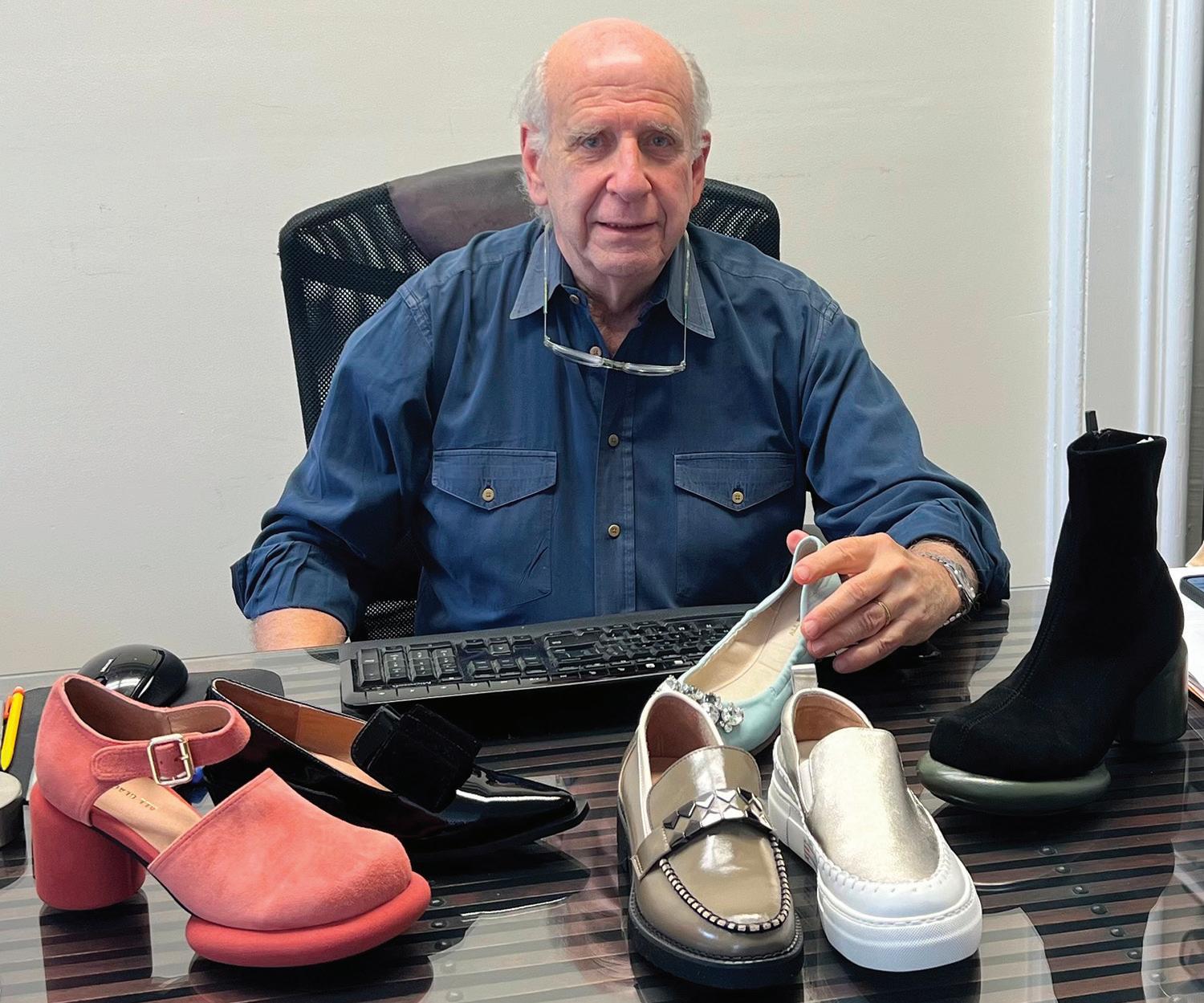
agreement didn’t state that the shoes had to be sold as All Black Footwear. It was a hard lesson that he never forgot: Always protect the brand.
Seeing Red: Knockoffs are a fact of life in this biz. Still, no one likes being a victim. Case in point: the time Rose discovered All Black Footwear’s ballet flats were being copied. A well-known industry figure invited Rose to lunch and told him to bring a handful of best-selling styles. The exec bought a few ballet styles for his stores. Rose thought it would be great exposure for a young brand. That is until he checked out the display in New York only to discover that All Black Footwear’s logo had been swapped out for that brand’s. An upset Rose called and threatened to take the inventory from the store. But he had no grounds because the purchase
Rose Matters: Rose has been with All Black Footwear in North America from day one. He’s a steady presence coupled with an unwavering passion for product. Yet he doesn’t consider himself a shoe salesman. “I think of myself as a brand builder who happens to sell shoes,” he says. Rose considers the distinction an advantage. “I’m more futuristic.” He credits Calvin Klein for the wisdom. “He always looked into the future when creating his collections,” Rose says. “He wasn’t satisfied with what he had today; he was looking for what was going to happen next, or what he could create to happen next.” That’s Rose’s thought process: Look beyond what’s there. “I don’t think that process ever gets old,” he says. “Women will always need shoes, but they’re always looking for something different.”
Gold Standard: Rose is one-of-a-kind. “Marty has a great heart and is a hard worker!” says ACL Footwear President Richie Liao, adding, “Marty’s deep understanding of the market has led to the success of All Black. Moreover, he is family.” Travel rep Kate Blake offers similar praise. “Marty has a great reputation in the industry. He has taught me a lot about branding
and marketing, and I always value his insights on product,” she says. “Plus, he takes customer service very seriously and always makes sure our retailers know we’re genuine partners.”
Just ask a couple of those retailers. “I could sing Marty’s praises for days,” effuses Laurel Tate, co-owner of Two Sole Sisters in Boulder, CO. “He’s as kind as he’s whip smart. Marty and I often geek-out over construction and fit. You’ll often find us digging deep in our shoe conversations.” Tate looks for the sparkle in Rose’ eye—that’s when he’s really jazzed about a particular new style. “Seeing him continue to be excited about working is a joy in itself,” she adds. “Plus, Marty has fantastic personal style, always looking sharp sporting a gingham button down and bucks!”
Elena Brennan, owner of Bus Stop in Philadelphia, is equally complimentary. “Marty’s passion for the brand brings a lot more to the table than other execs,” she says. “He really cares about the partnerships he has formed with each of his clients. He’s just not selling shoes; he keeps up with the trends and contributes to the designs. Over the past 17 years, we’ve become family. He’s always excited to show me the new collections and is eager for my feedback. We work so well as a team.”
Greener Pastures: Rose has no plans to stop doing what he loves. His father lived to 101 and his grandfather to 95. “If I take good care of myself, there’s a very good chance I could be doing this another 10 years without any issues,” Rose says, adding that his wife doesn’t believe he’s the retiring kind. “I’ve been told that I should work as long as I feel healthy, and that’s how I feel.” That said, Rose is dialing back the workload where he can. He joined a golf club and is trying to perfect his “pathetic game,” which he wouldn’t have devoted time to when he was younger. Fewer trade shows also lessen the travel burden. “I don’t have to drag myself around the country as much as I used to, and on the last day of this FFANY show I’ll be attending my grandson’s high school graduation,” he says. “I wouldn’t have done that when I was younger. Live and learn.”
began carrying in 2007, ranks as one of the most important in the store’s mix of approximately 50 brands. “All Black has always been a little edgy and different, and it’s a great price point,” she says. “My customers have come to love the brand for its uniqueness.”
All Black Footwear’s uniqueness extends to its approach to daily business. It just doesn’t operate the way other brands do. That has a lot to do with Rose’s early outsider status—he didn’t know any better. But there’s also a strong streak of independence running through him. He does things for the good of the brand and its many independent retailers. That means saying no, if necessary, even if it results in less revenue overall.
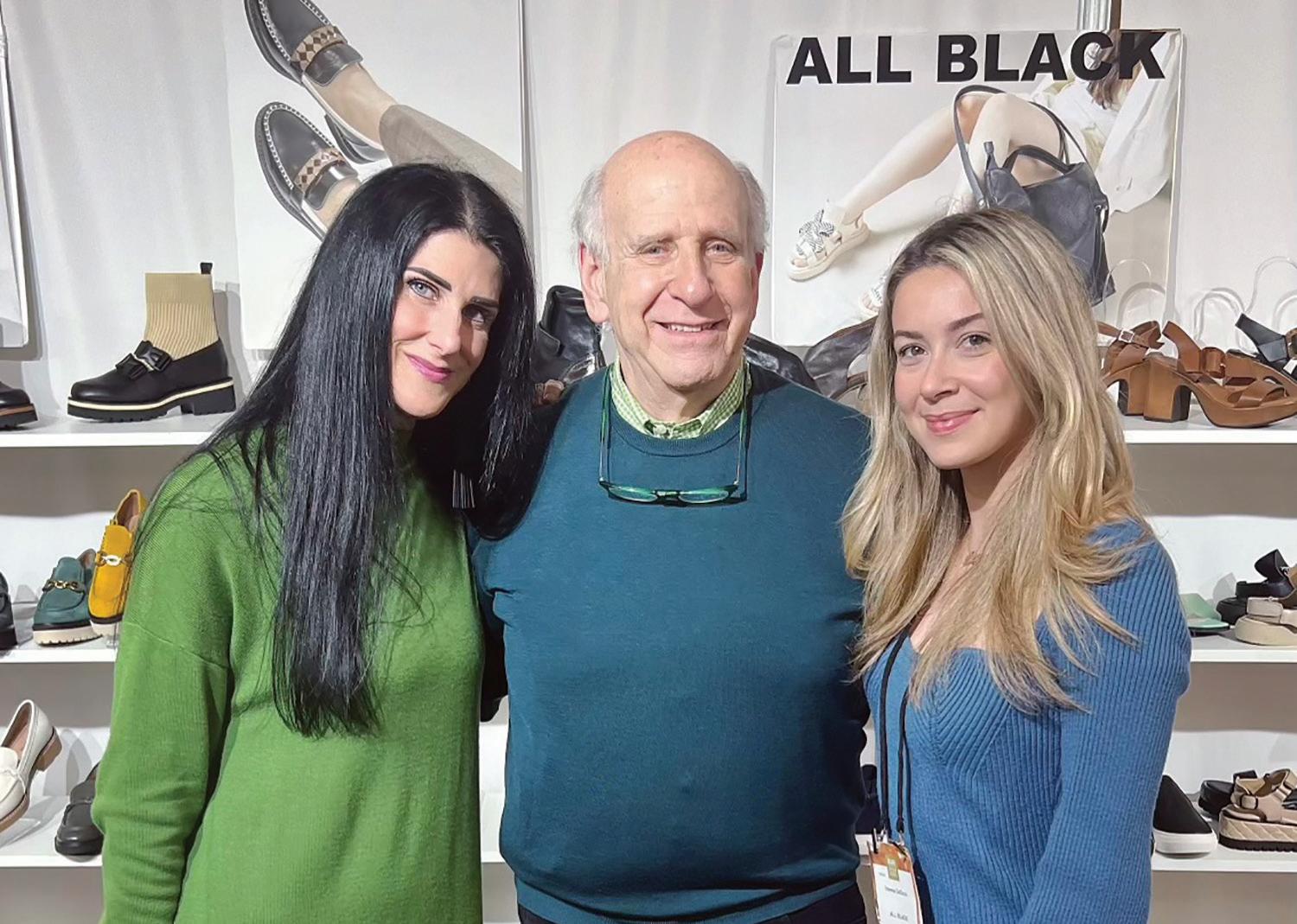
Hence the decision to steer clear of major department stores. Rose says working with them became a “ridiculous” numbers game involving markdown money, returns, renting tables, timing of sales, etc. “We’d deliver shoes in August, and they’d want to put them on sale in early November. That’s completely unfair to my boutique customers who have the right to try and make full margin at holiday time.” Similar hassles led to dropping Amazon. “It was great when their business model allowed you to protect prices, but those days are long gone,” Rose says. “We’re a good boutique brand along with select mid-sized dealers like Anthropologie, Free People, and Von Maur. We’re better off with those types of customers than fighting over dollars and cents with the others.”
Rose fights for what he believes is best for his customers, no matter their order size. “I made a decision early on to protect my customers, and that means, for example, not selling everyone in the same area or not selling the same styles to them,” he says. Recently, it meant losing a multi-store chain over a single store account. When the chain opened a store steps from the existing Florida account, Rose wouldn’t budge on the store’s demand for brand exclusivity, even though it had regional exclusivity in about nine other locations. “I refused and they dropped us,” he says. “We might have made more money in the shortterm, but if I caved, it would have hurt our reputation.”
All Black Footwear’s DTC site operates with the needs of its retailers in mind, as well. First, prices on the site are higher than those it instructs retailers to charge. Second, the site doesn’t feature a new season’s entire collection; it carries about half, along with some classics. “We make sure the only way for people to get the other styles is by shopping in those boutiques,” Rose says.
While fewer big accounts might be a lighter lift logistically, Rose sees the multitudes of smaller accounts as an overall advantage. There’s strength in 300 customers and the business is better insulated as opposed to, say, a quarter of total sales leaving in one fell swoop. “Boutiques tend to reorder and hold onto their inventory—even during the pandemic,” he says. “It’s a solid, reliable business model. Plus, they’re a pleasure to do business with.”
One such customer is Two Sole Sisters in Boulder, CO. Co-owner Laurel Tate says All Black Footwear was one of the first brands added to its mix when the store opened 16 years ago. “We’ve included the brand in every single buy since,” she reports. “All Black Footwear brings fashion, creativity, character, and, most of all, style—all at a price that doesn’t scare off customers.” Tate says, “You’d be hard-pressed to find another brand that looks like it. The materials, color combinations, and fabrications are incomparable; it’s such fun to see new collections each season.” Another brand attribute, Tate notes, is versatility. “We’re able to purchase sandals, sneakers, boots, and flats from one brand, and know that the fit and construction will be dialed in across the board,” she says, adding that All Black Footwear has been integral to the store’s survival. “I think back on those early styles, like the pastel fish skin Mary Jane and peep-toe satin flat with whimsical baubles that was playful yet incredibly wearable, that made
both an economic and emotional impact on our business. I’m grateful to them for helping us create a unique sales floor that keeps our customers coming back year after year.”
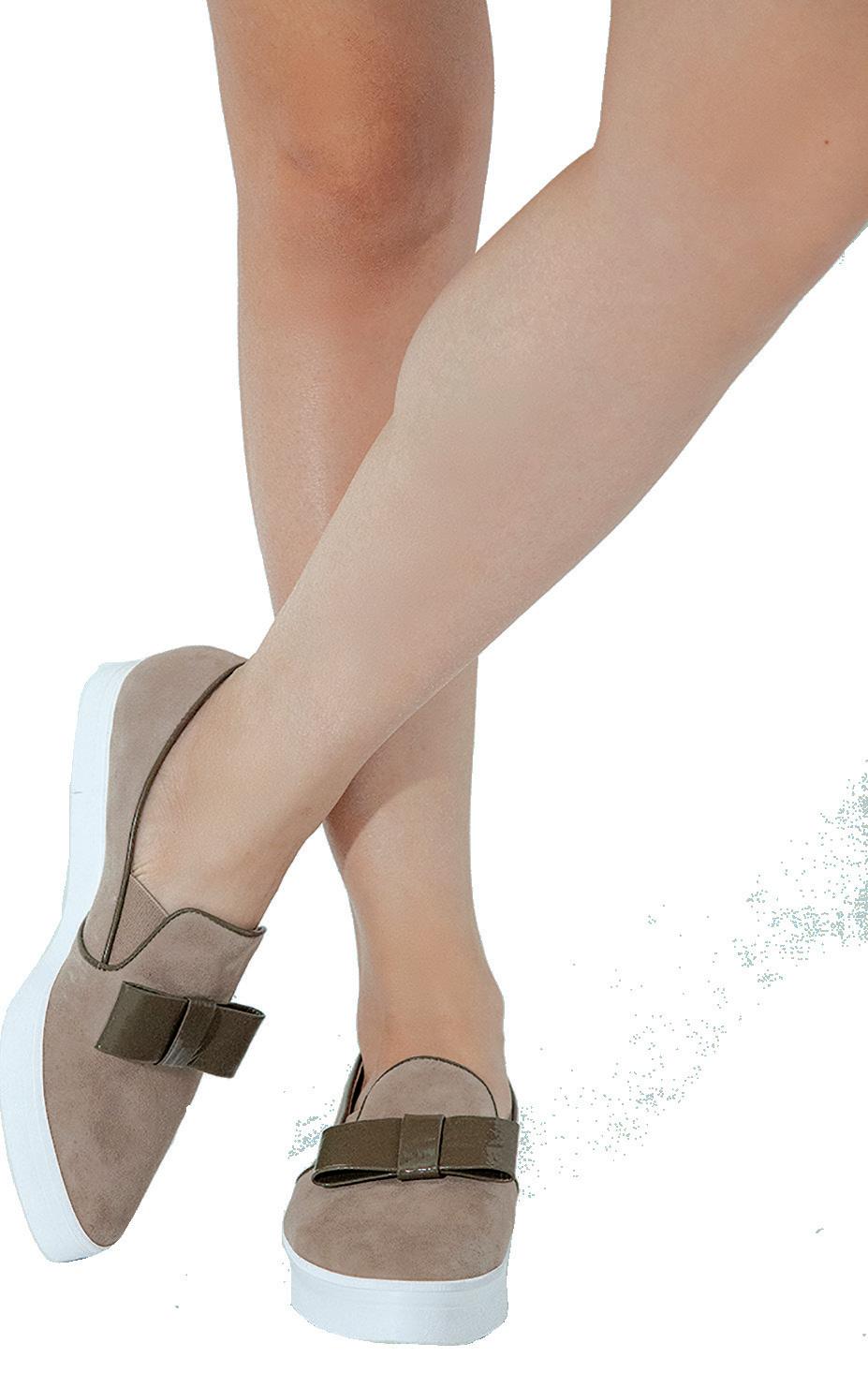
Elena Brennan, owner of Bus Stop in Philadelphia, has also been a customer since opening her doors in 2007. Popular styles over the years have included mesh sneakers, oxfords with chunky lug soles, and any style made with its recycled fish skin—all of which feature top-notch craftsmanship. “Each season, All Black offers a wide array of fresh designs that are on-trend,” Brennan says. “You’re really spoiled on choice.” In fact, Brennan and Rose took the relationship to the next level, in 2015, with a collab agreement that’s ongoing. It began with oxfords and expanded to sandals, ankle boots, and sneakers. Not only is it a creative outlet for Brennan, it provides much-desired exclusivity. “I love color blocking and mixing different leather textures that my customers can spot a mile away,” she says, adding, “My All Black x Bus Stop designs have performed beyond my wildest expectations and have been an integral part to my overall business.”
Where does All Black Footwear go from here? Rose sees growth potential, both within in its existing account base and through the addition of select new partners. But, he notes, growth isn’t the end-all, be-all. All Black Footwear’s wallflower qualities have served it well for years, and the company has no desire to get caught up in a popularity contest now. “We’ve never wanted to be a huge deal,” Rose says. “We want to be a great brand that we can still control. Even though we’re in all the places I think we should be, we’re still not a mainstream brand, and that’s perfectly fine with us.”
Laio says the future for All Black Footwear is hard to predict. The market is always changing, and the competition is formidable. But the brand will not alter its DNA. It will “continue to adapt, innovate, and strive for excellence,” he says. “I’m confident that with our dedication and commitment, we’ll continue to grow in the North American market.”
In the meantime, All Black Footwear remains a labor of love for both Liao and Rose. “We’ve always been confident in our abilities, but what has motivated us all these years is our customers’ appreciation,” Liao says. “Season by season, their feedback and smiles of approval encourages us to keep innovating.”
On that note, Rose can’t wait to present All Black Footwear’s latest styles, led by an expanded Mod collection and a new sneaker group. “I had no idea I was going to have this much fun, that this would be a constant creative challenge, and I’d work with so many great entrepreneurs and positive thinkers,” Rose says. “I’m blessed.” •

Boots for on the job and on the town.
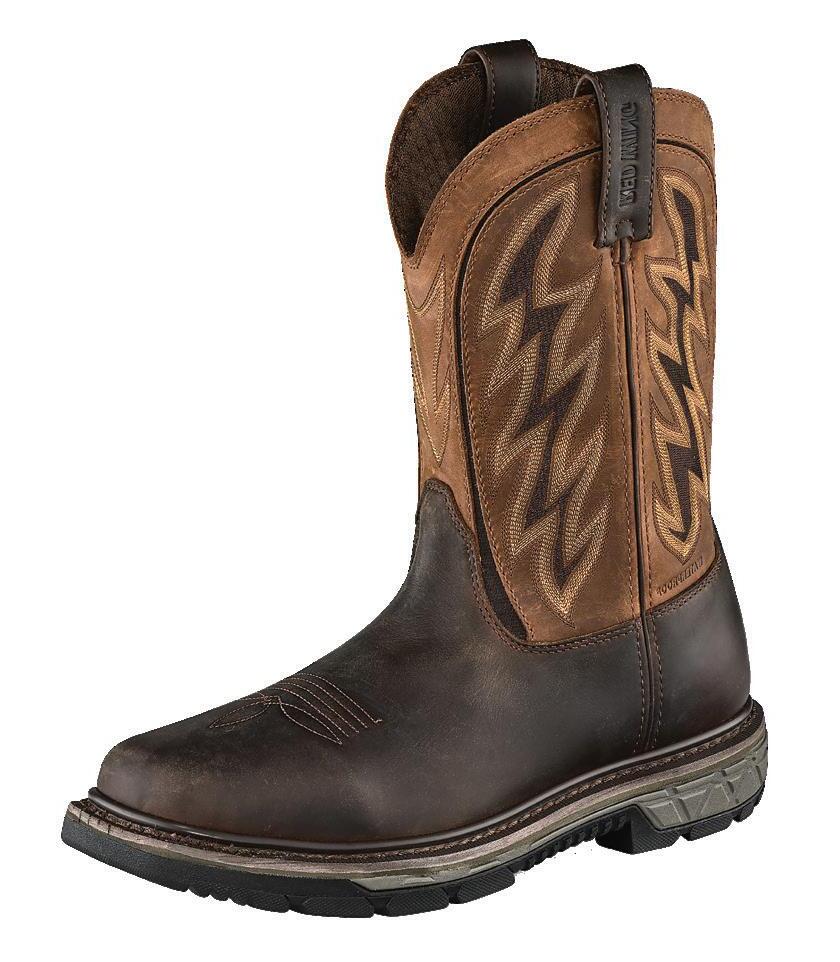



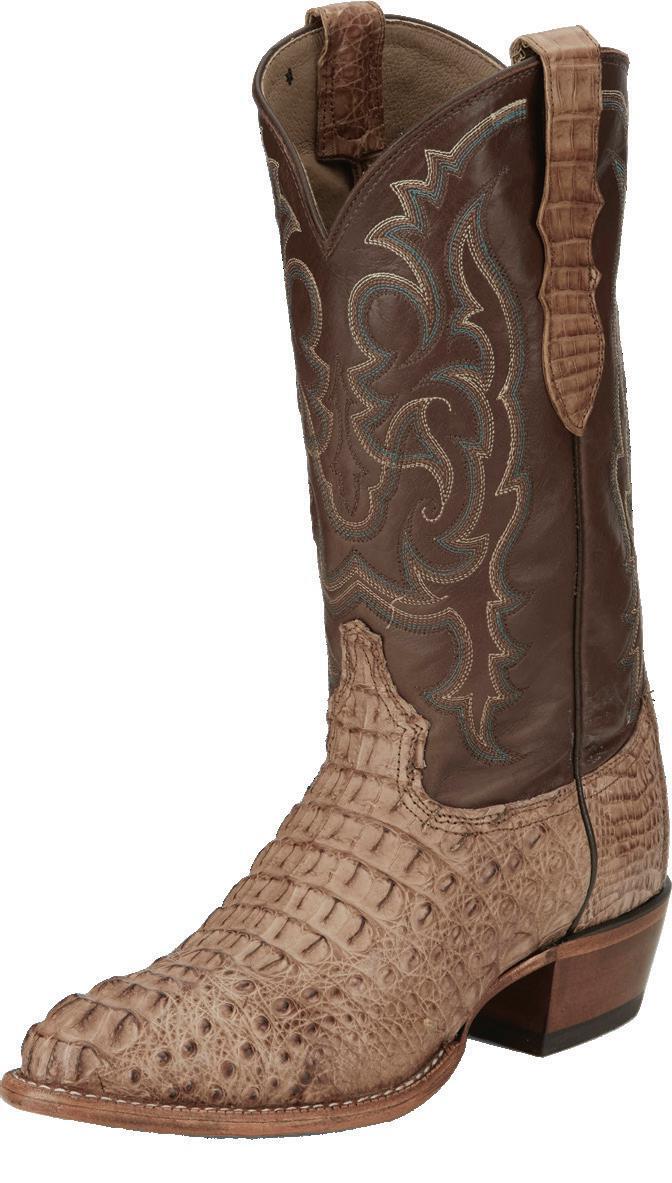
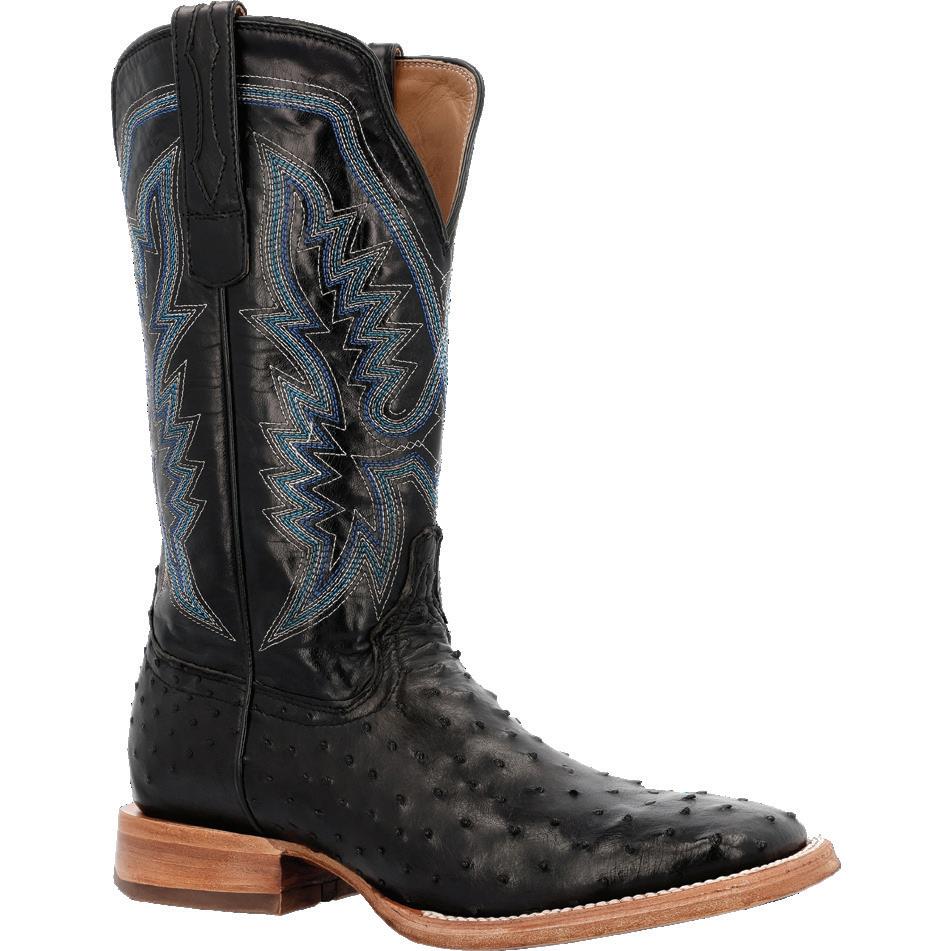
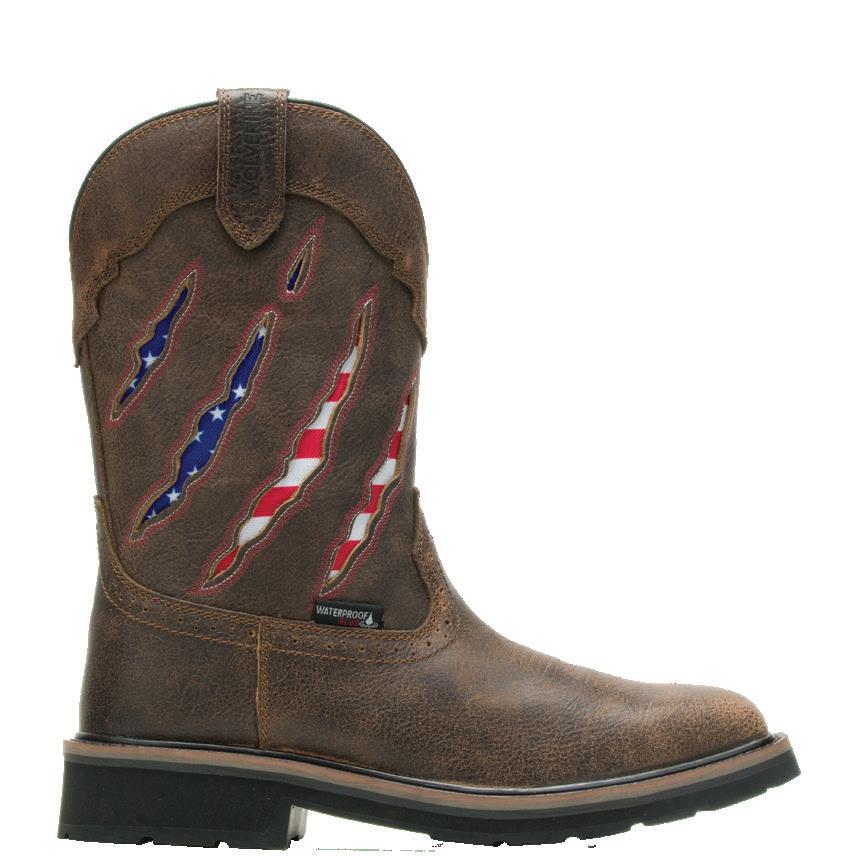
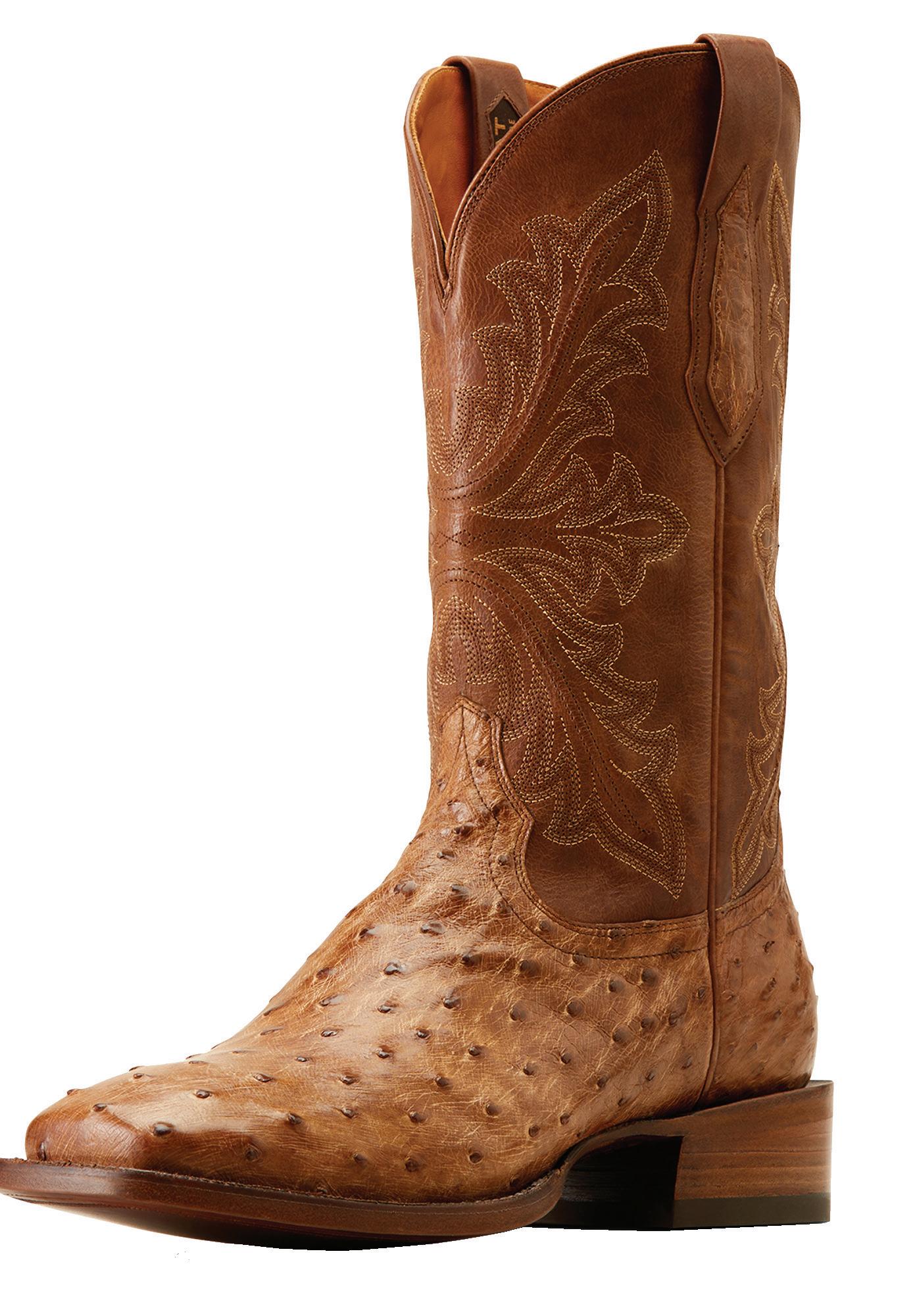
JUNE
AUGUST 13 - 16
OCTOBER
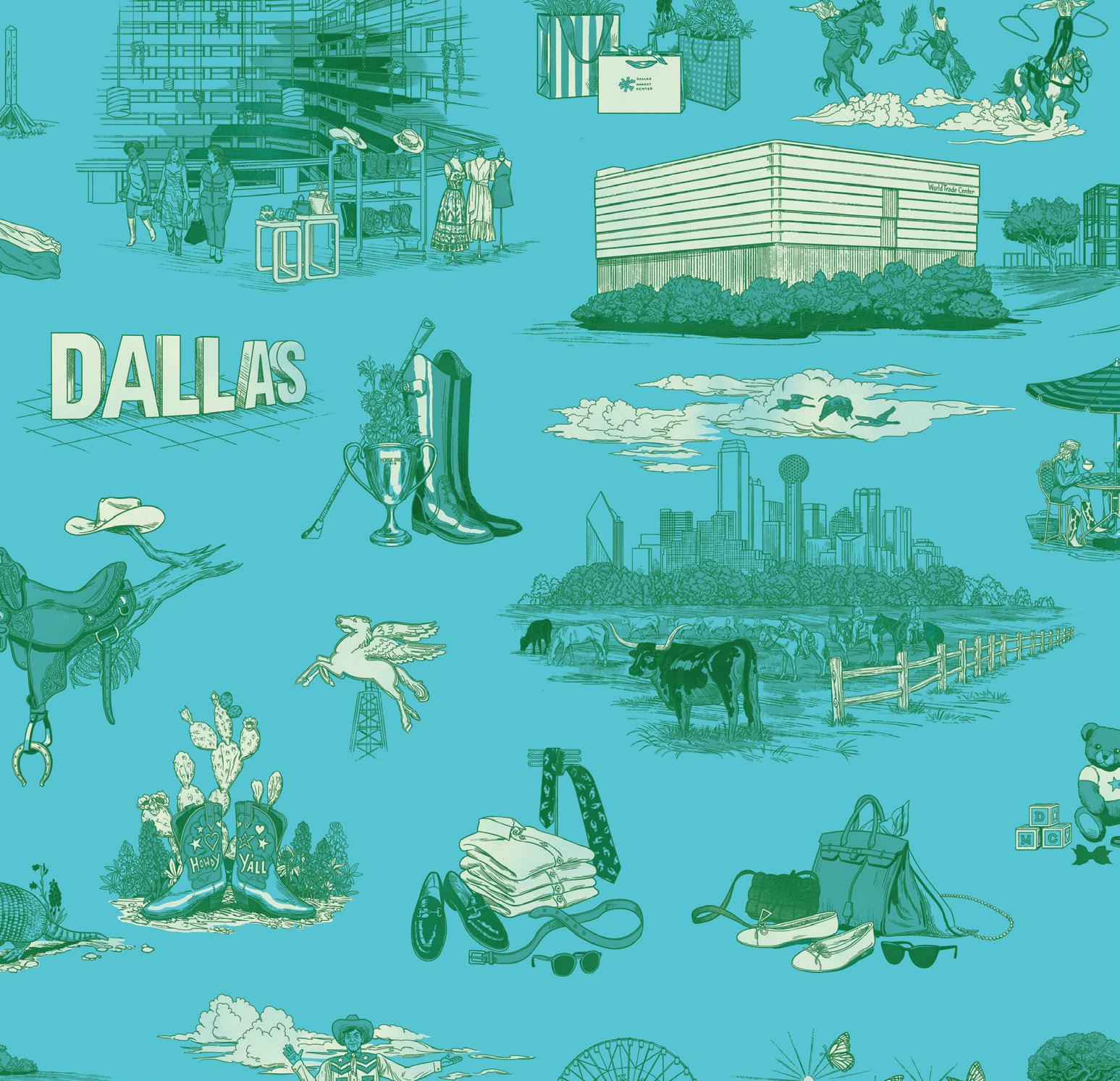
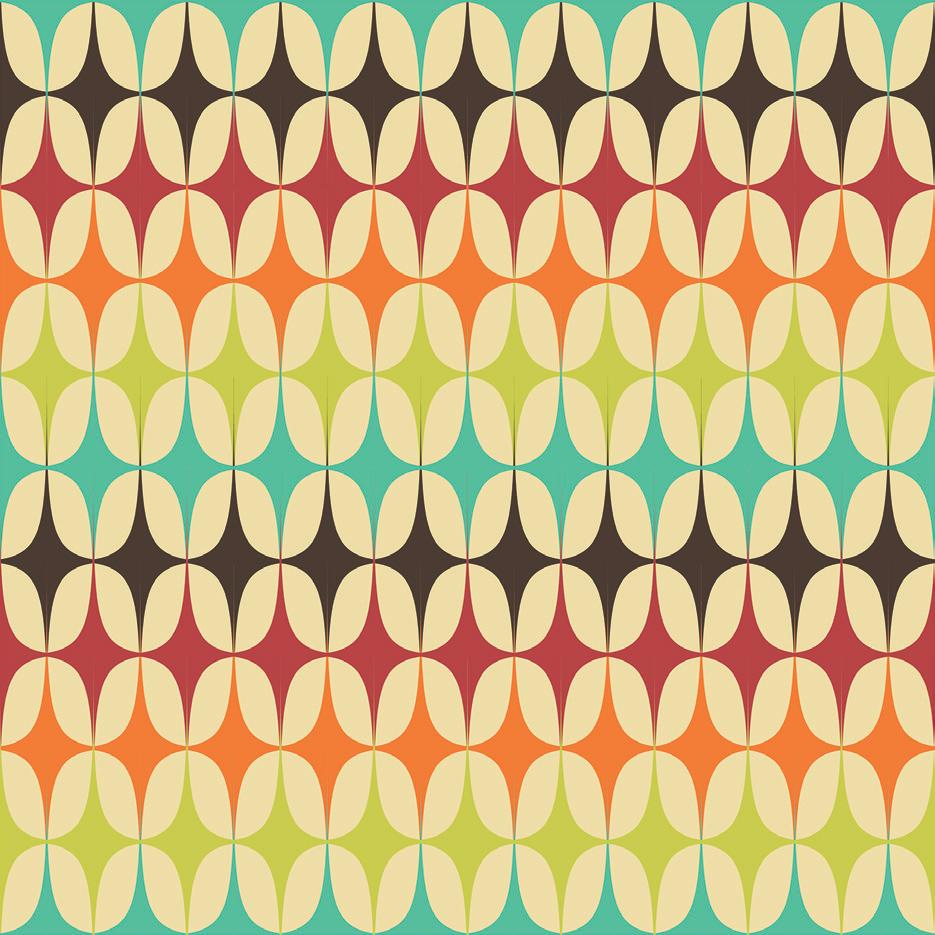
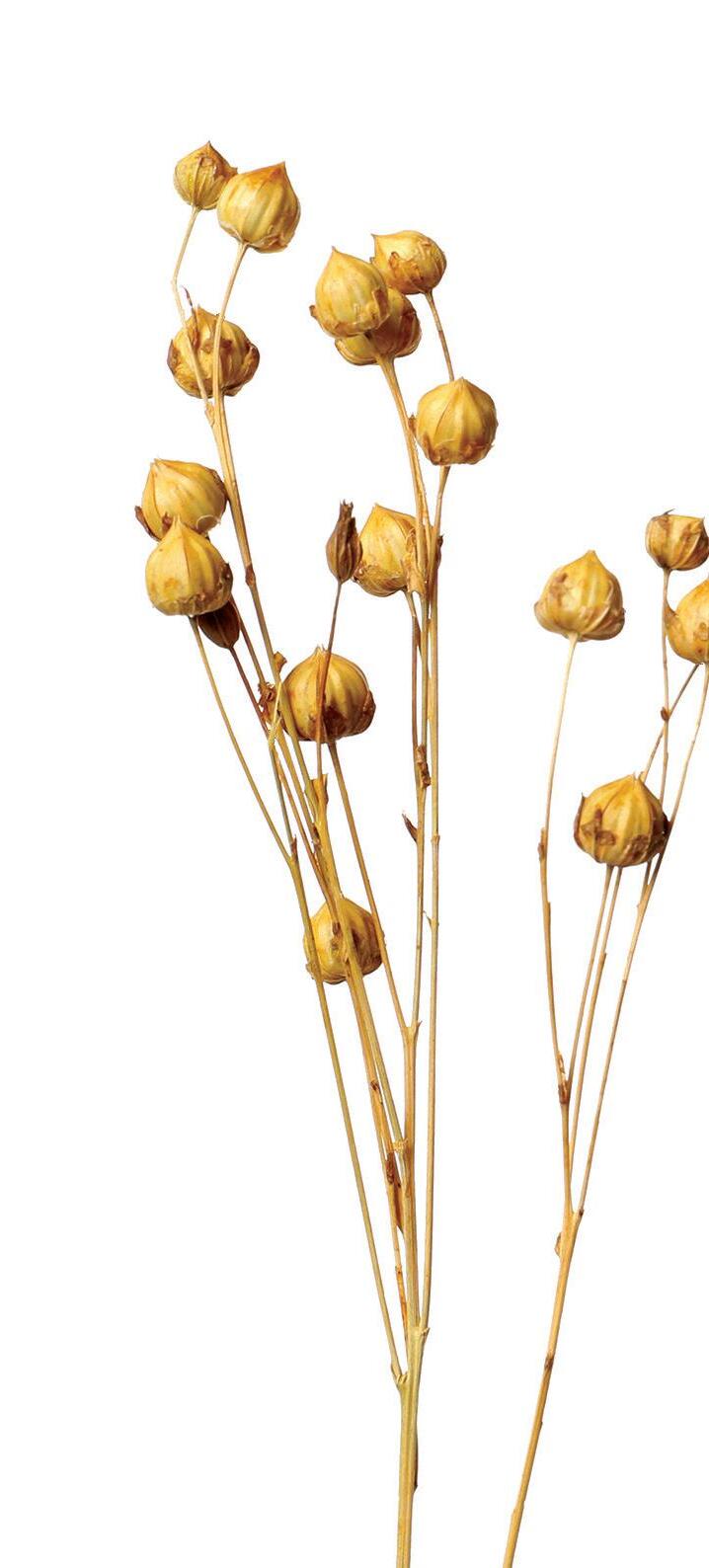



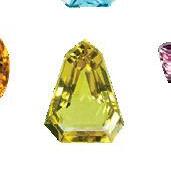
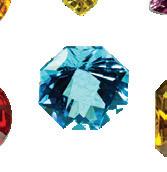
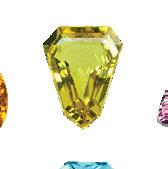


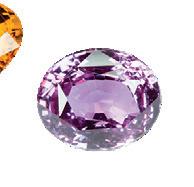

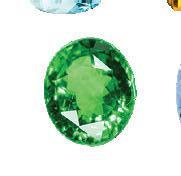
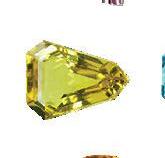









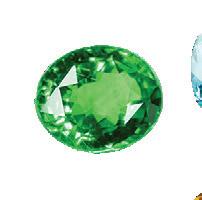
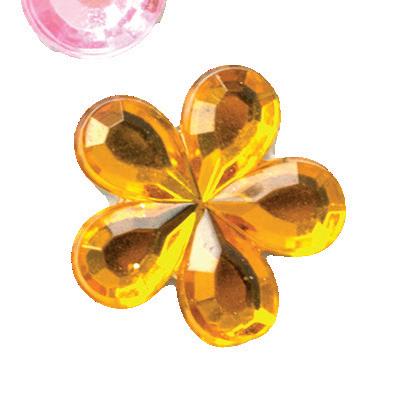

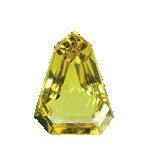

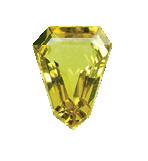




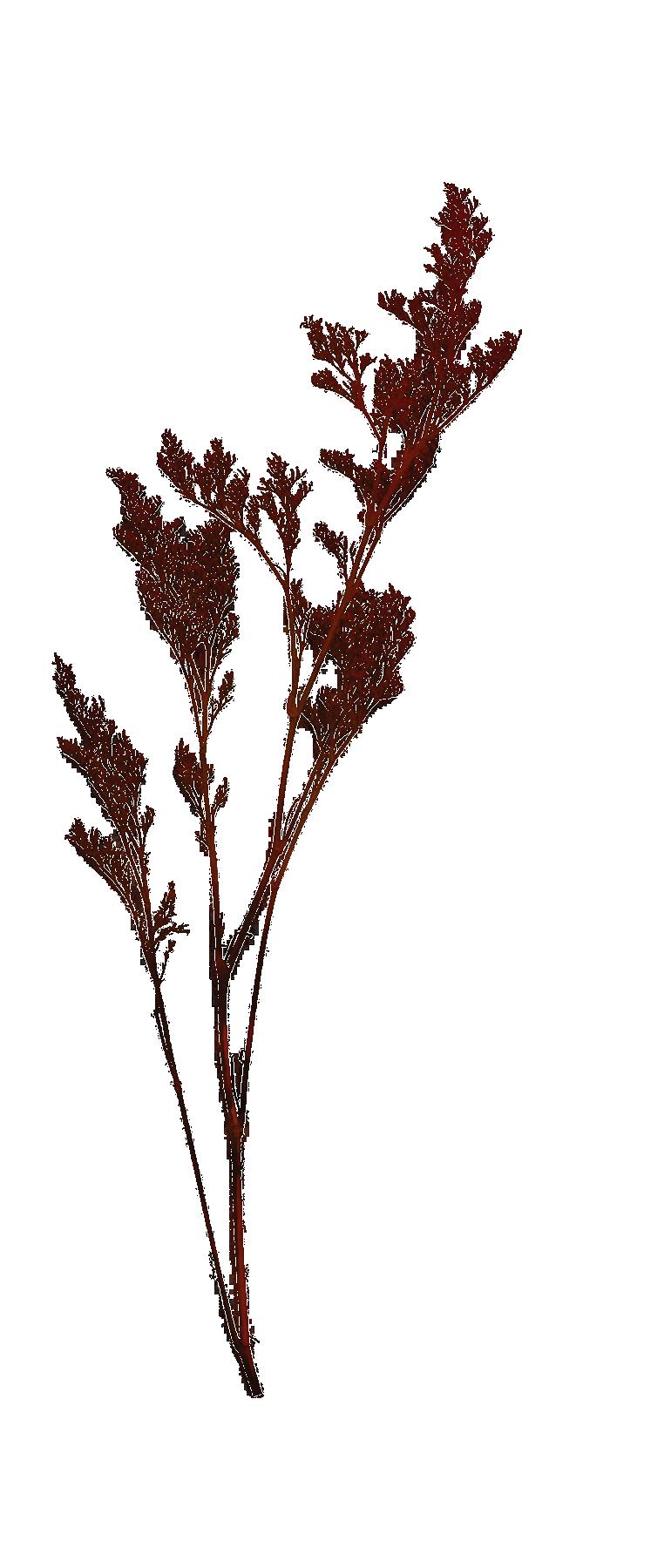


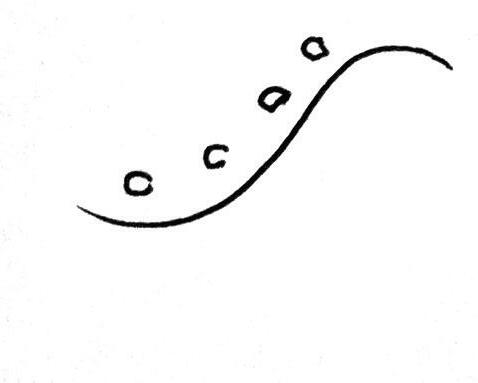


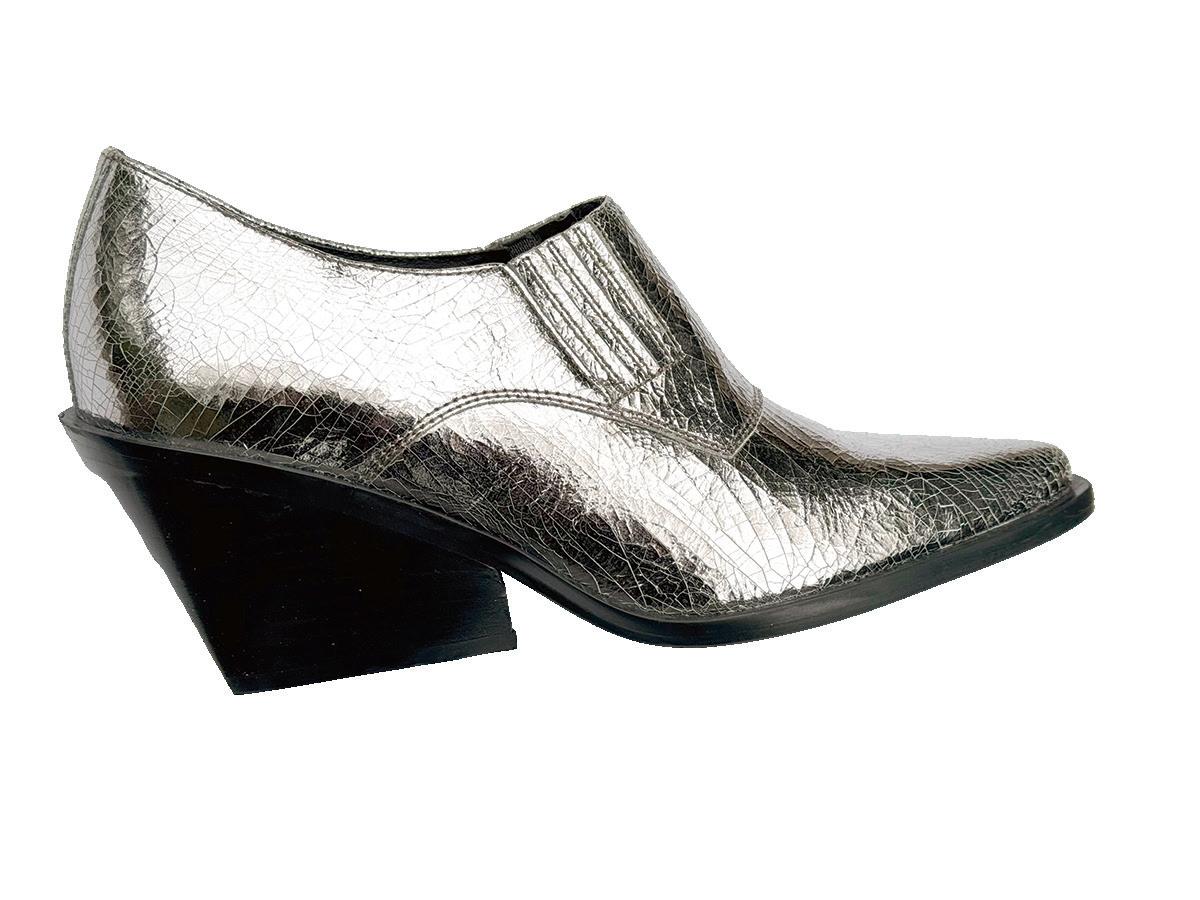
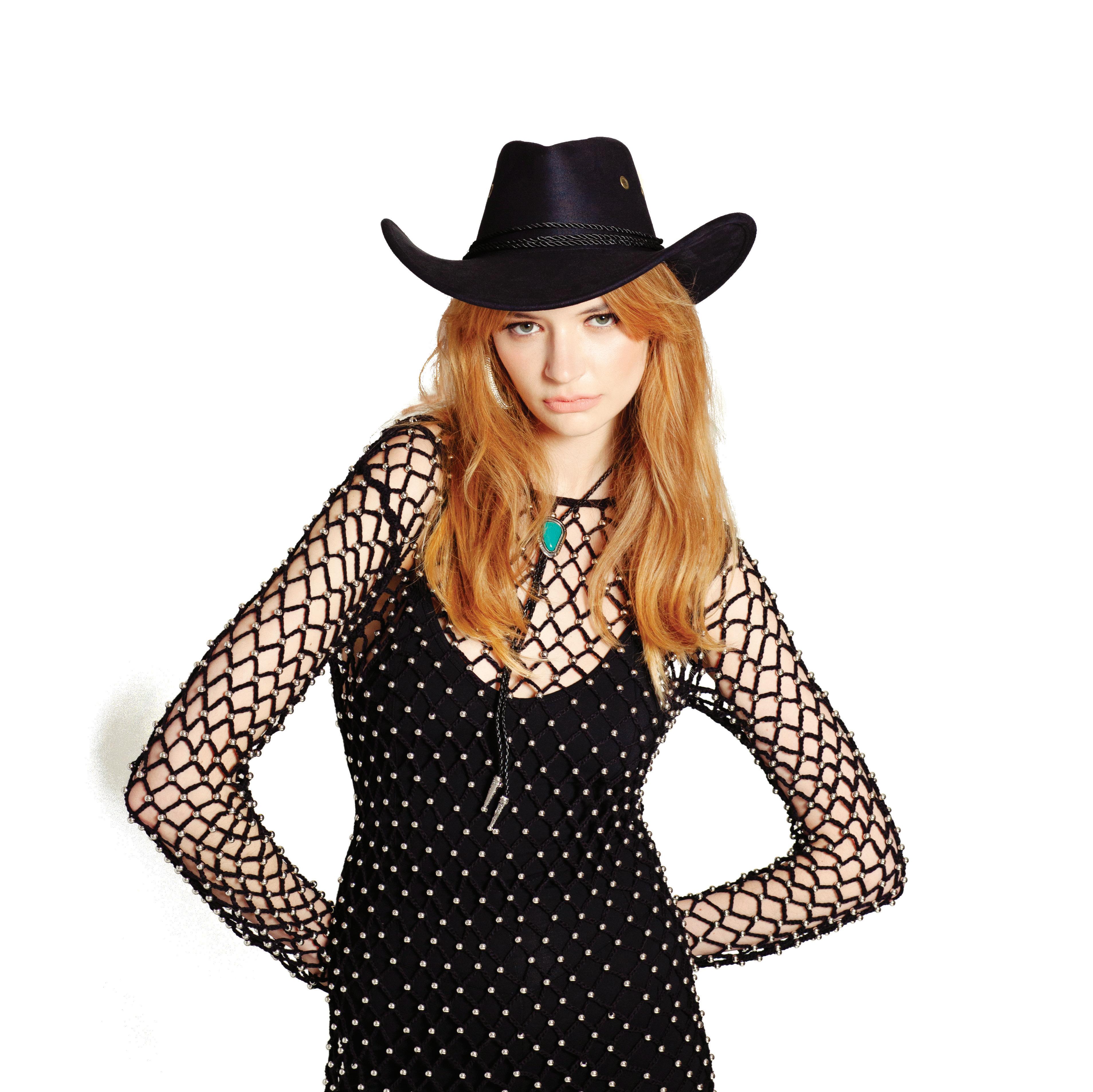


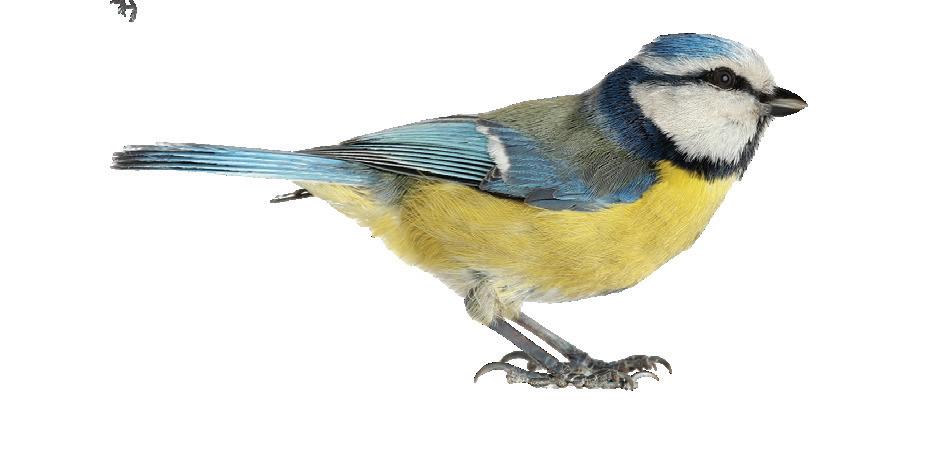




















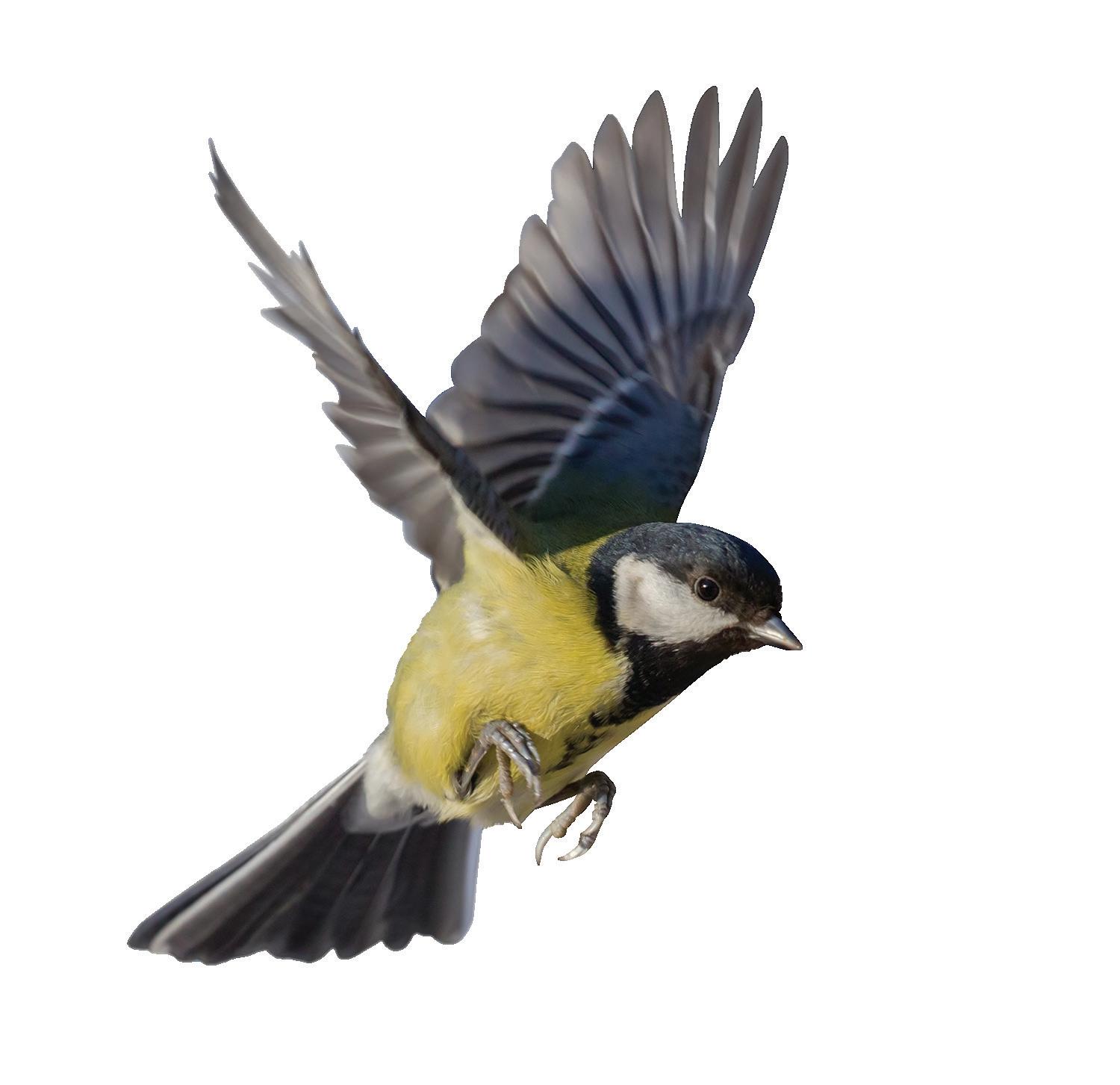










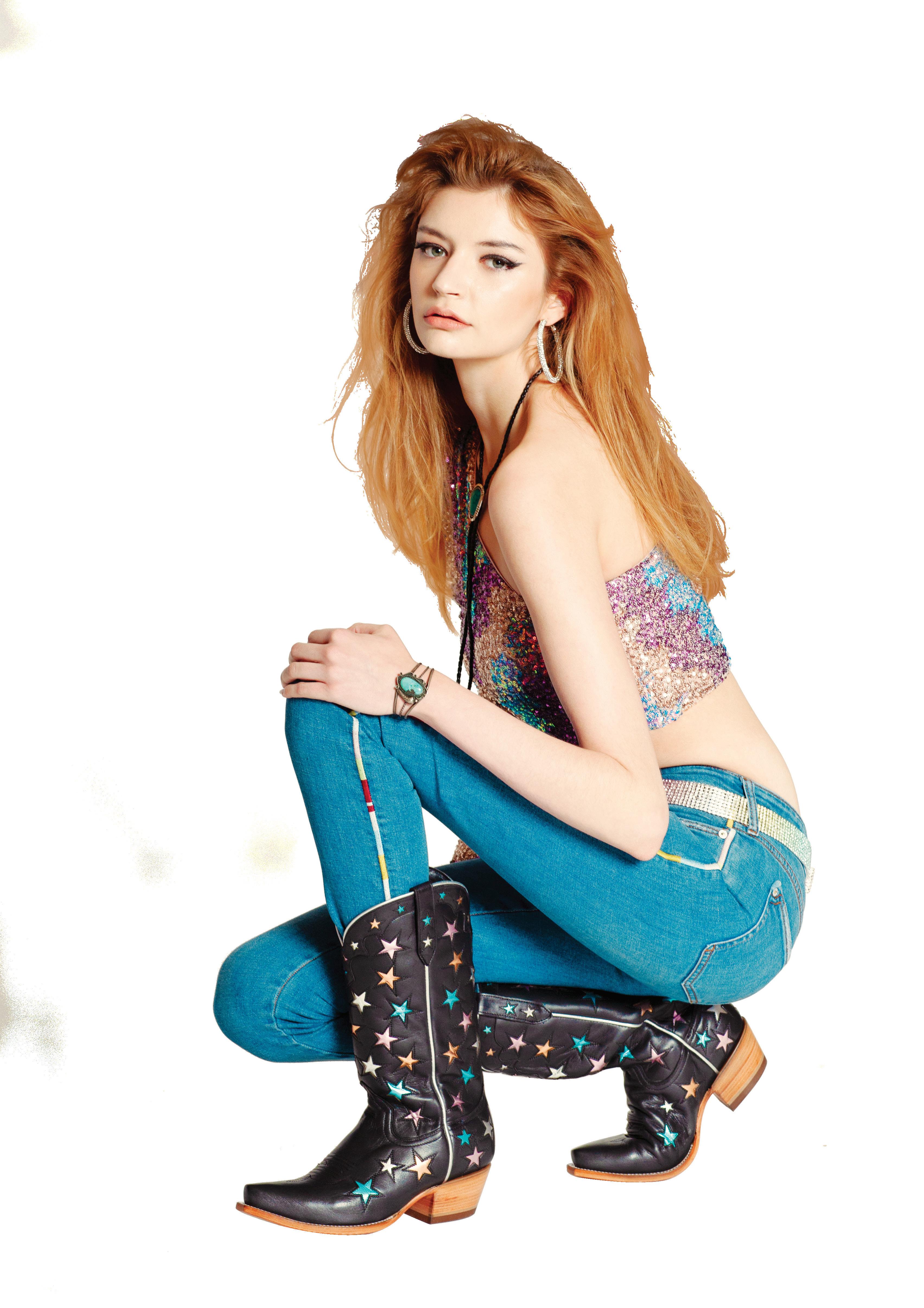


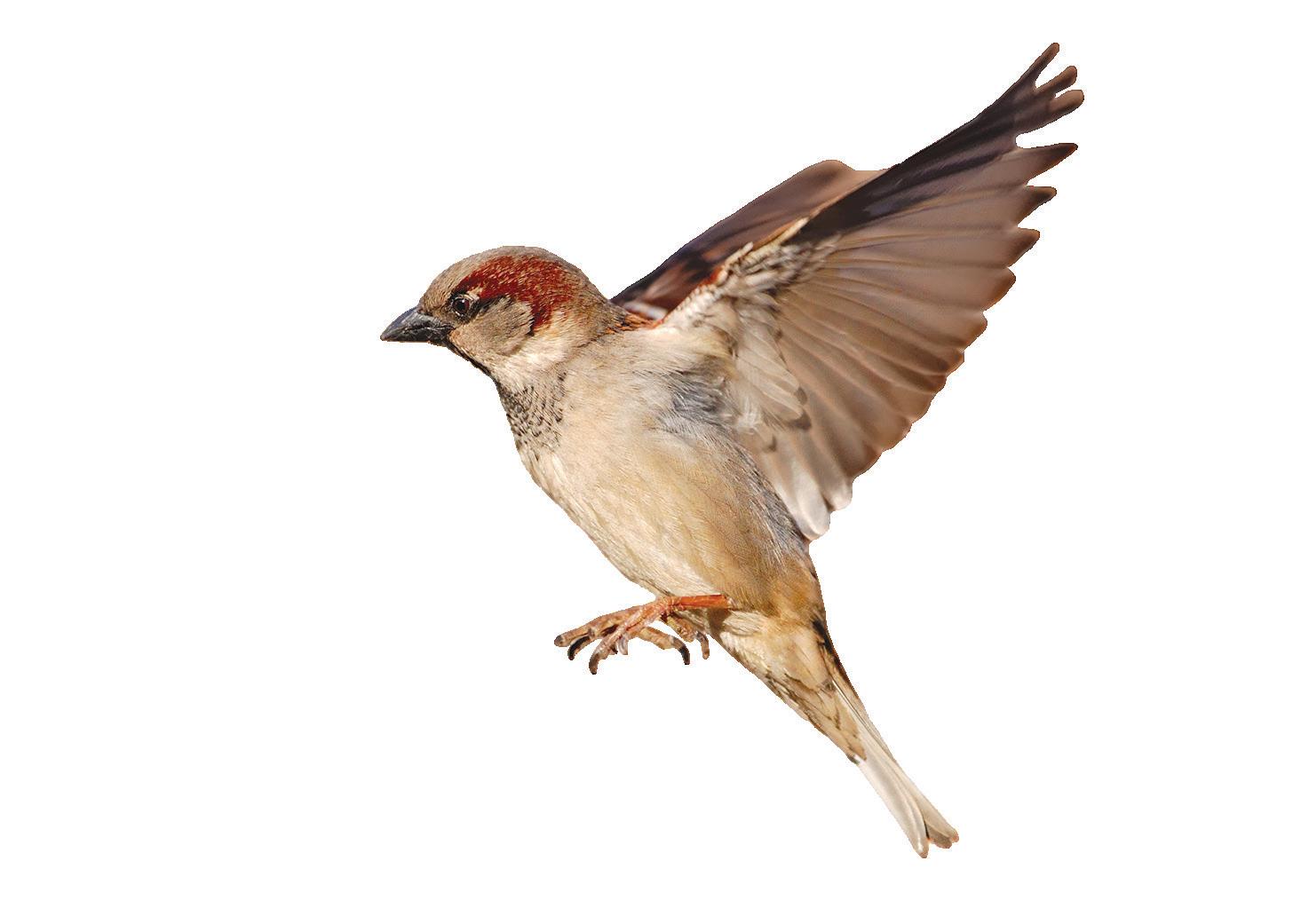













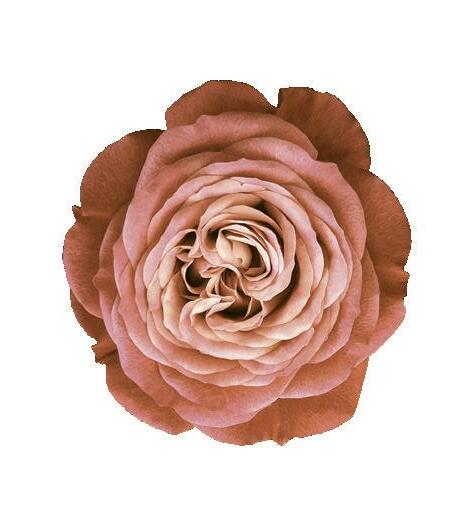

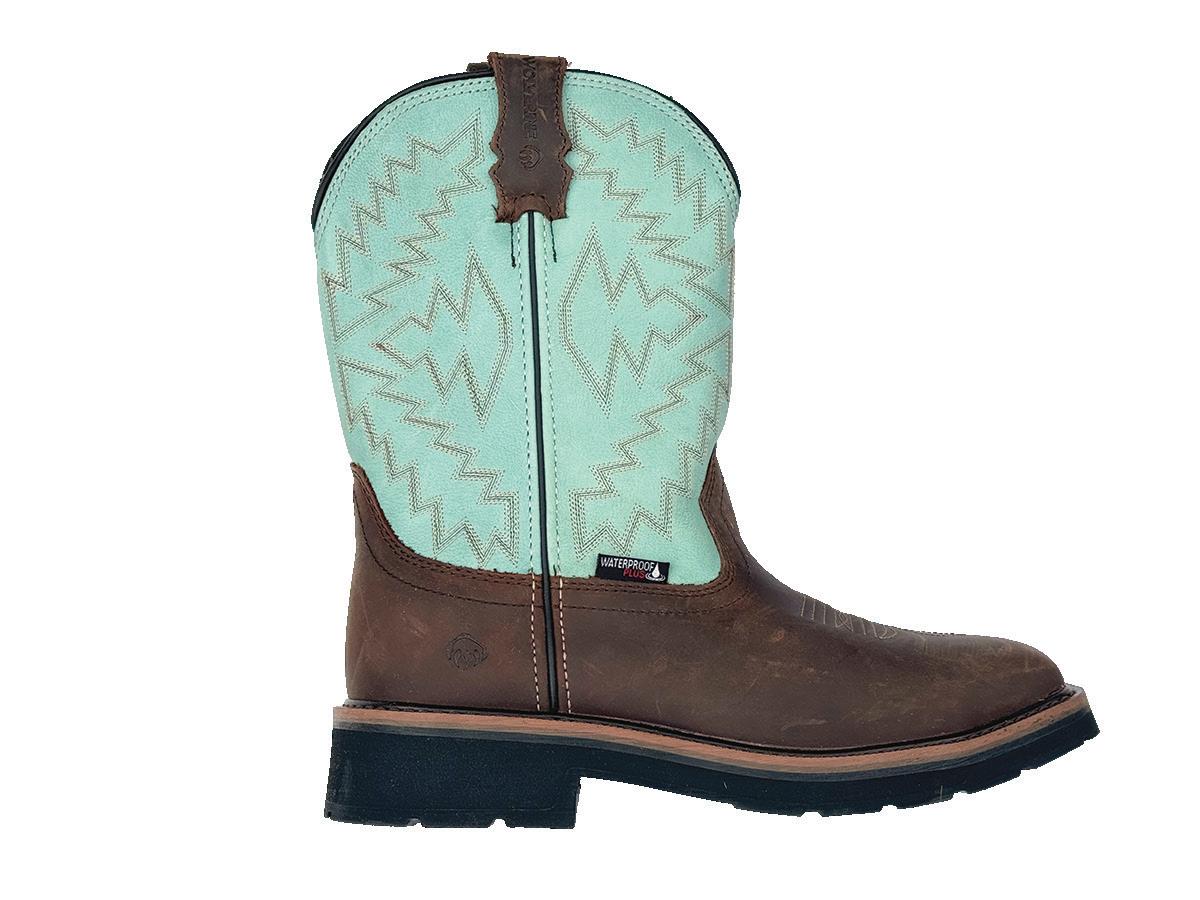
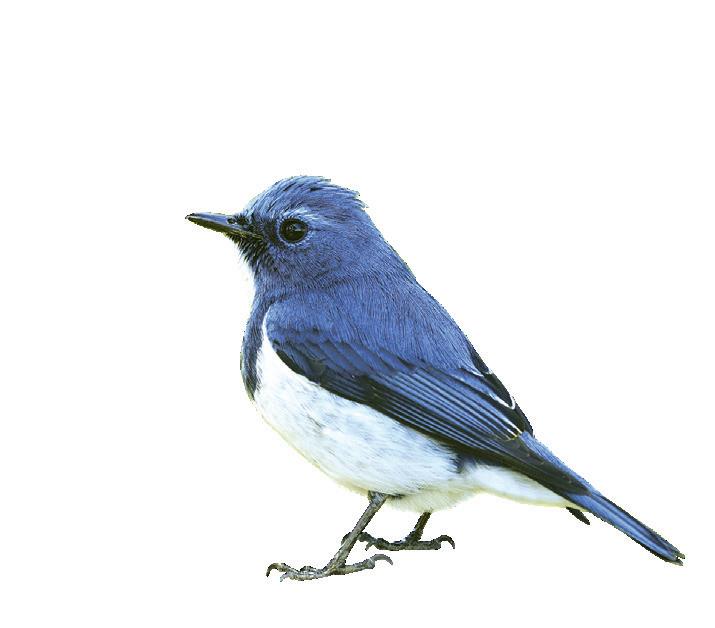
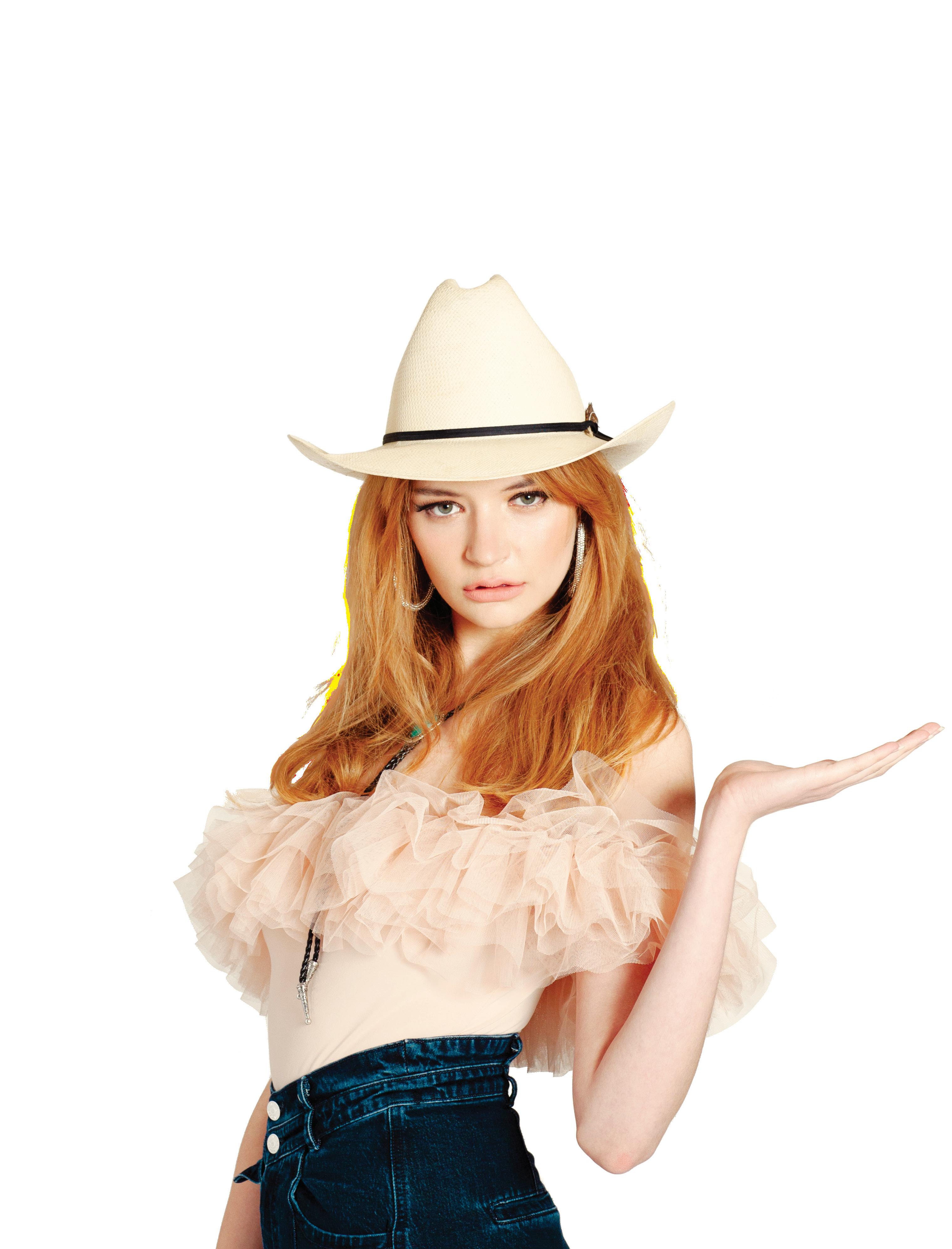



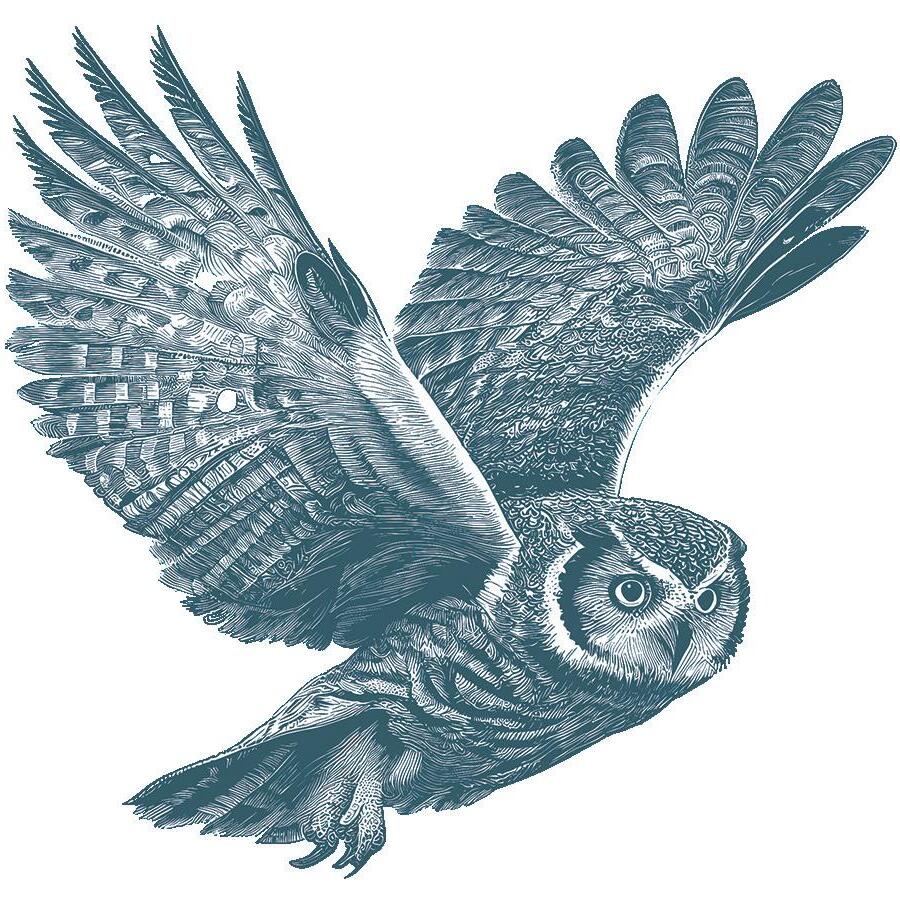


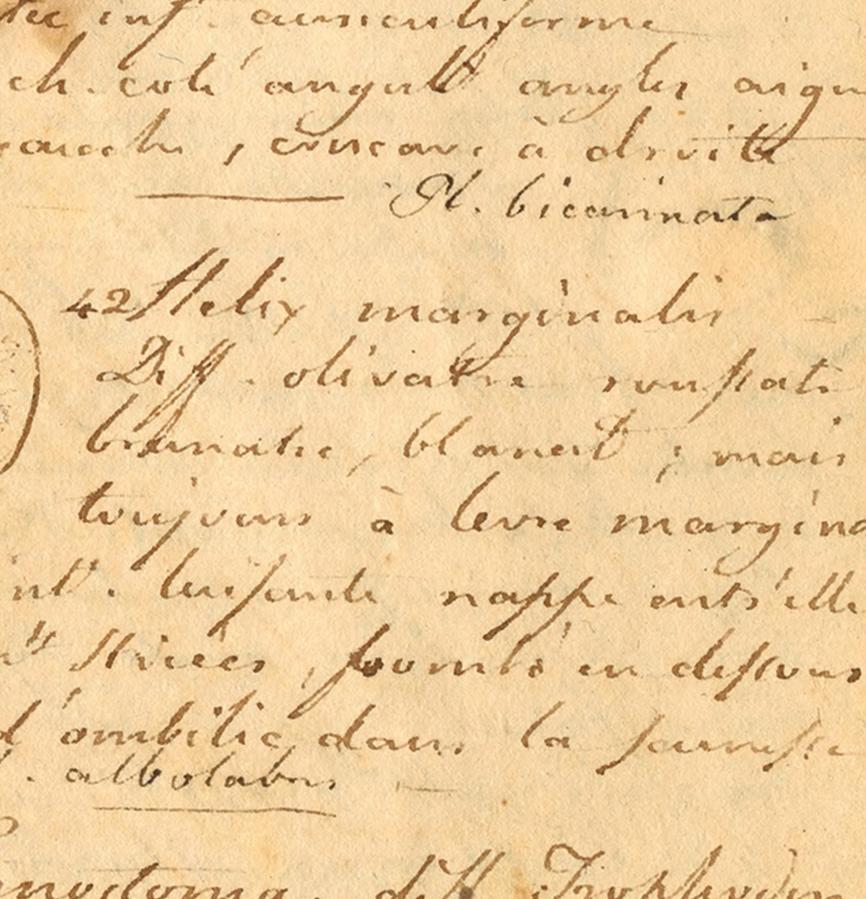






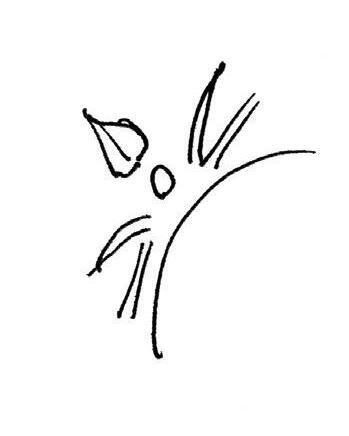








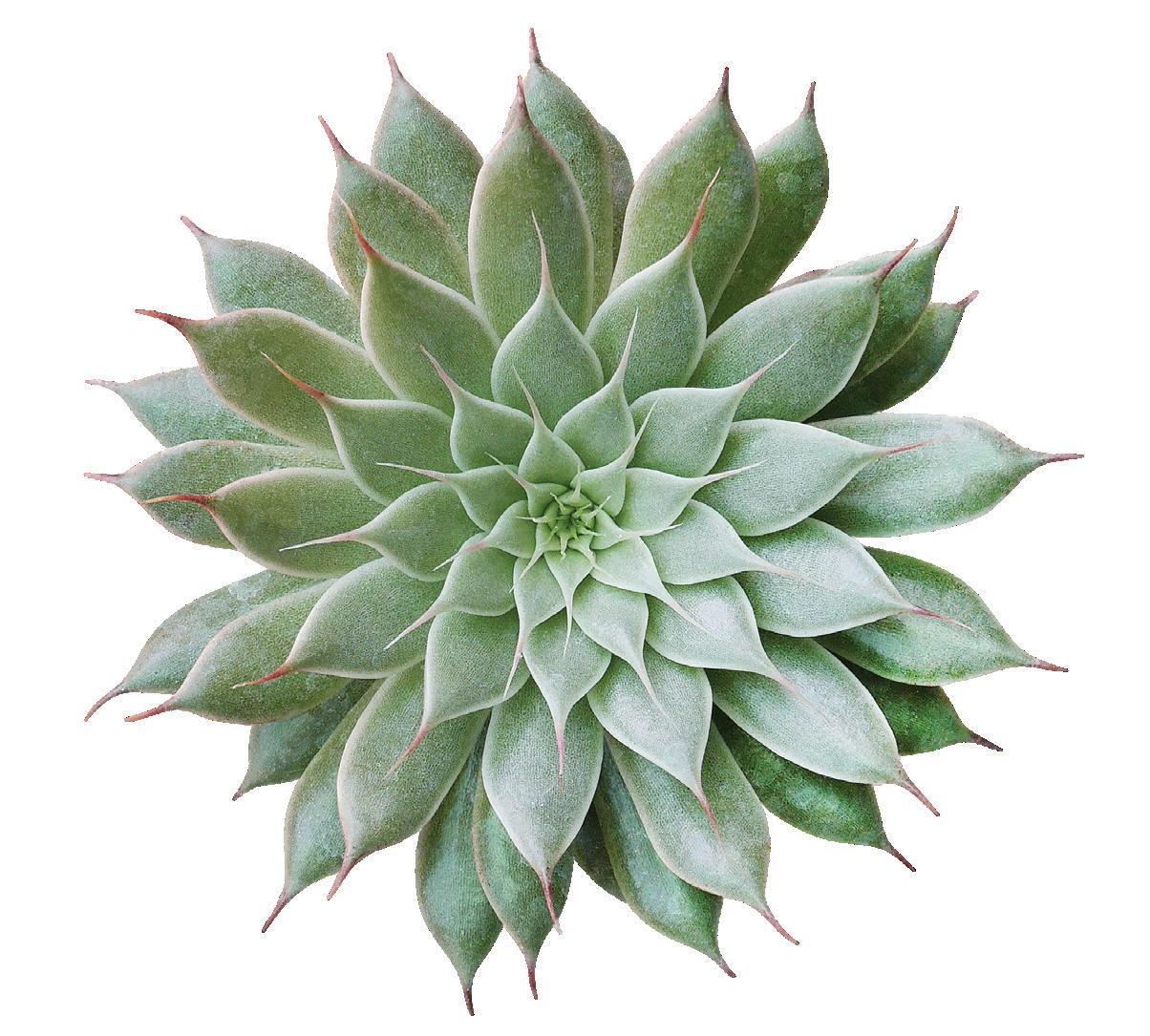


Photography: Trevett McCandliss; styling: Mariah Walker/Art Department; fashion editor: Kathleen O’Reilly; model: Julia Willett/Crawford Models: hair and makeup: Clelia Bergonzoli /Ray Brown Represents; photo assistants: Raymond Collette and Eileen Viglietta; collages by Nancy Campbell.
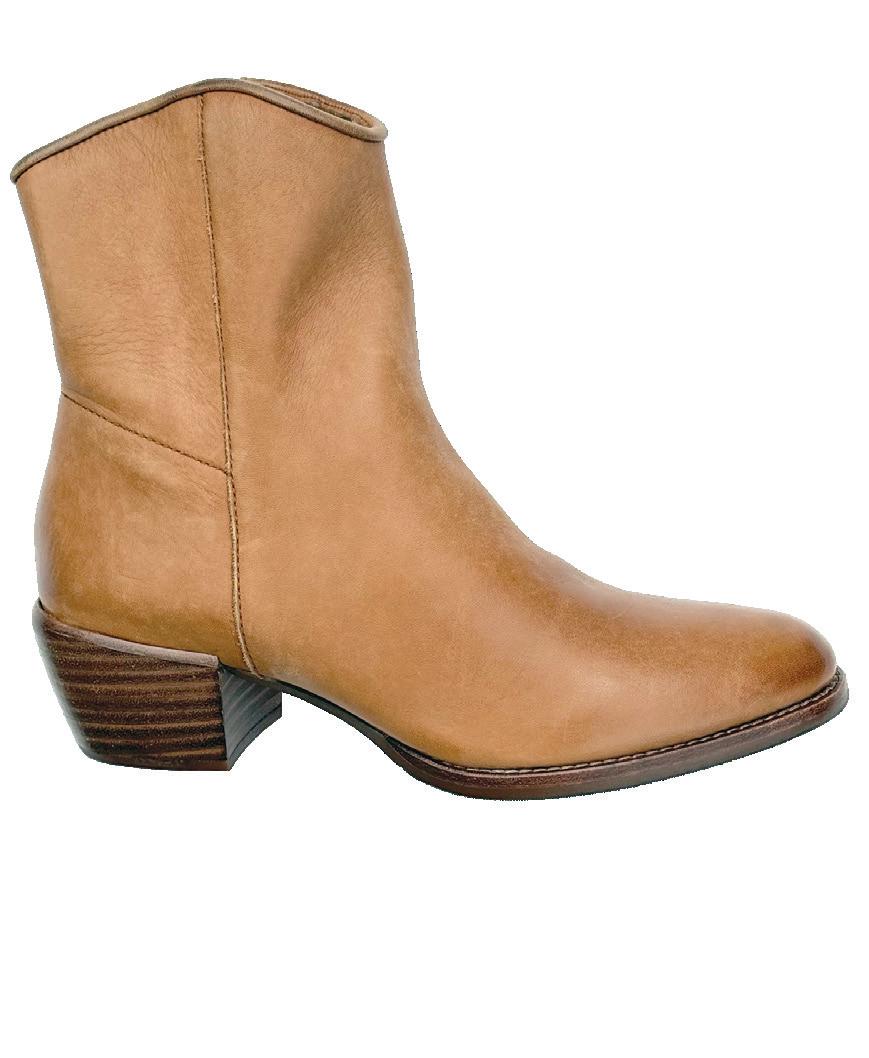


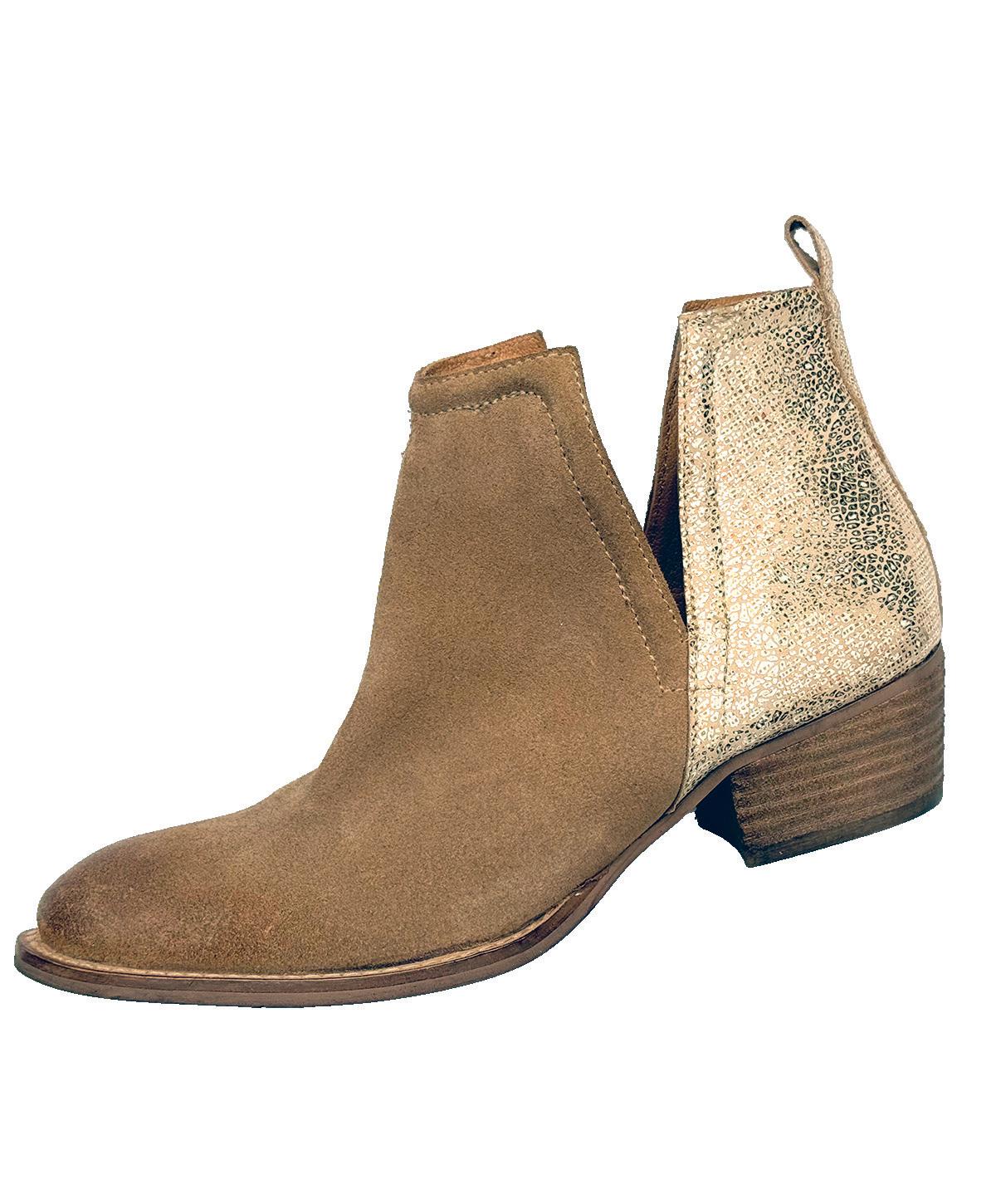

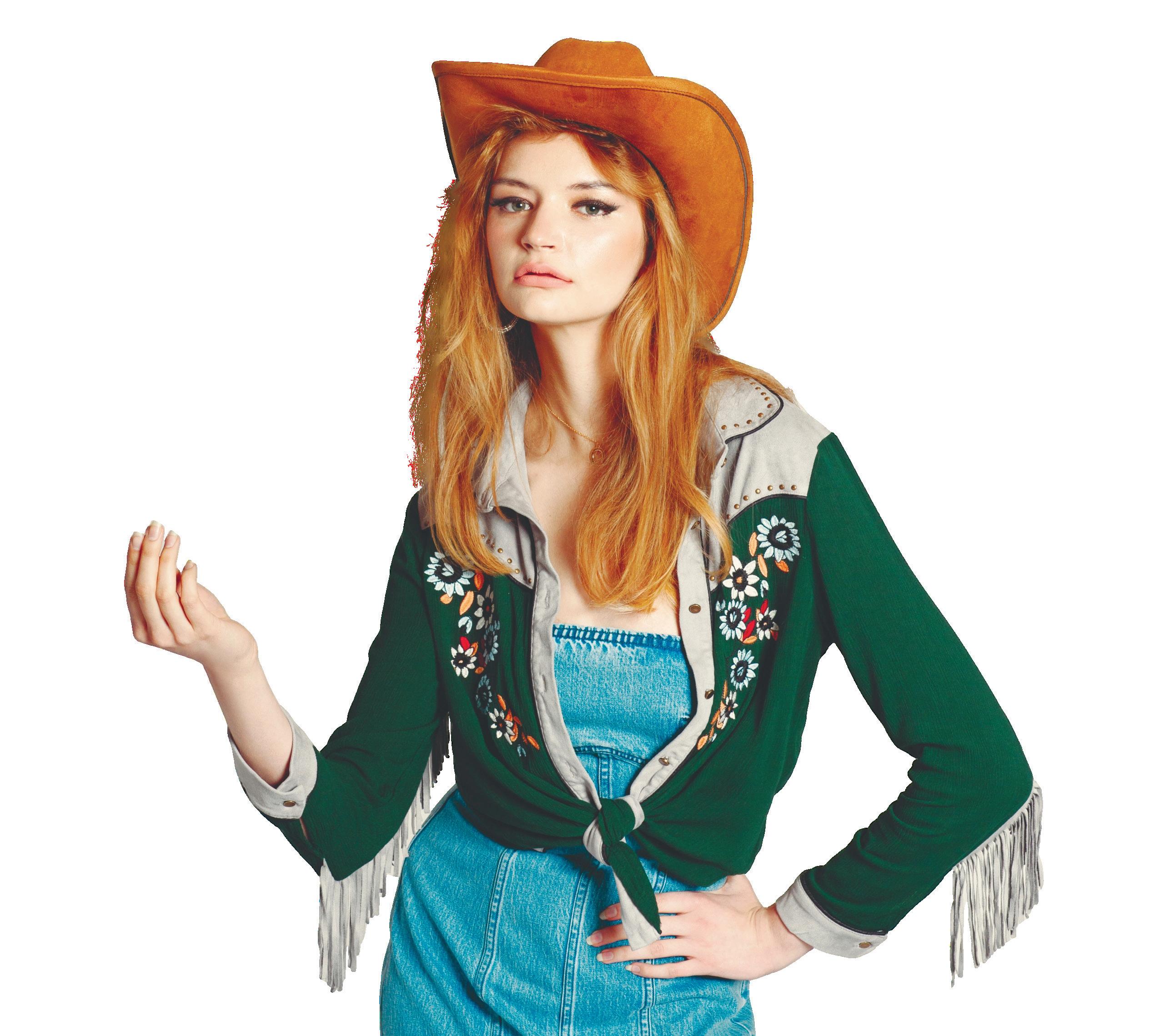



ANASTASIA EREN BEGAN planning her own label seven years ago. Well, one could argue it dates back to when the designer was 12 years old, which is when her love affair with heels and an overall “unwavering passion for footwear” began.
“Growing up, I watched my grandmother wear heels everywhere she went, and she still wears them at age 87!” Eren says, noting that her first internship at Kenneth Cole is where she became fascinated with how shoes were made and learned everything she could about the process. It just so happened she was also a sample size, which enabled her to learn further about fit, comfort, and aesthetics. “On top of that, I used my earnings to buy heels; at one point I had about 40 pairs,” she recalls. “That’s a lot of shoes for a 20-year-old woman.”
Eren, who grew up in Türkiye and now resides in Miami, earned a degree in Advertising and Art Direction from Pratt Institute. She then worked for Kering, David Yurman, and Victoria Secret before venturing on her own. The extensive experience provided the foundation as well as the passion to launch her own brand. But, like with many start-ups, there were challenges and setbacks. For example, an early factory partner fell short on Eren’s quality standards. “It was heartbreaking, because I’d invested heavily in the project,” she says. “But my goal is to create beautiful, unique, high-quality shoes, and I won’t settle for less.”
So Eren looked to Italy’s Riviera Del Brenta region, known as the birthplace of footwear and recognized worldwide for its craftsmanship and elegant style. After plenty of research, she teamed with Roberto Quaglio and Ilaria Giacomin, owner and brand manager, respectively, of Erregi. The duo aligned with her vision of unwavering elegance, sophistication, and quality. “They’ve connected me with the best suppliers who work for the biggest brands in the world,” Eren says. “I’m actually grateful that my first attempt didn’t work, because now my products are just the way I imagined.”
Exactly what has Eren imagined? Meaningful designs, she says, adding that it’s the opposite of trendy. “Every decision about a brush stroke, a line, or use of color should mean something,” she explains. “All my decisions are thoughtful and deliberate.” Examples include Eren’s signature twisted “hourglass” heel and snowflake jeweled embellishment. “One might say those are ‘cute’ or ‘cool,’ but they express my emotions, everything that I can’t say aloud, while also reflecting confidence, style, and elegance.” Specifically, she says the snowflake brings a touch of sophistication to the holiday season, as does the cool palette of blues, whites, and pinks plus, for a festive touch, warm red tones. “Each design comes in satin or reflex leather, perfect for either vibrant celebrations or intimate evenings out,” she adds.
Eren is all about turning the ordinary into the extraordinary, and she believes there’s no time like the present to wear such designs. “A lot of people wear their most precious belongings only for special occasions only to realize, one day, that they haven’t touched those items for years,” she offers. “I say: Don’t wait for special occasions to make your day extraordinary. Wear those party
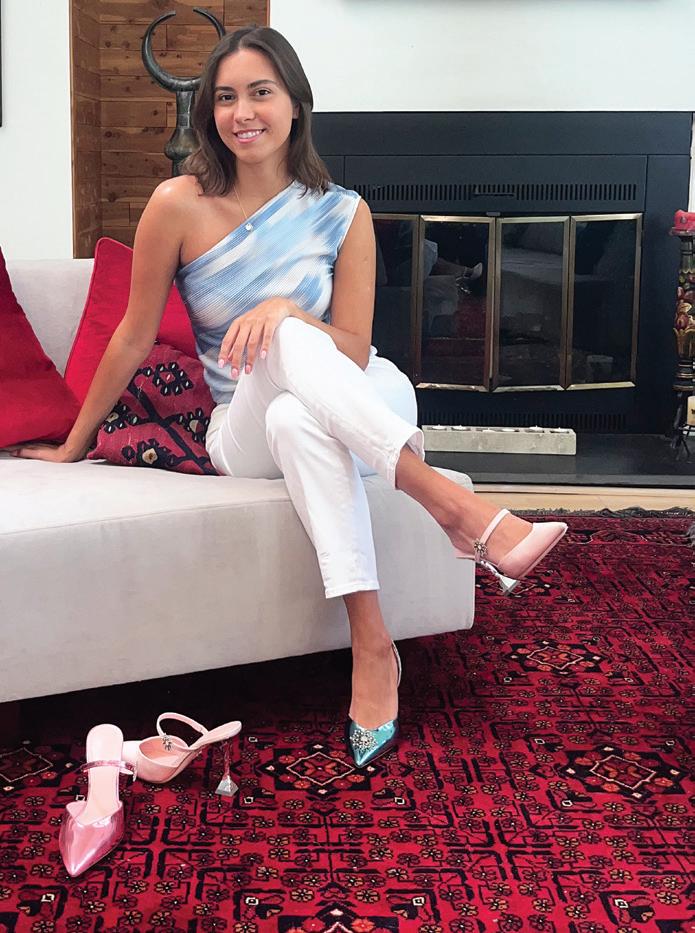
heels to the office, a cafe date, a least favorite lecture at college, etc. Why not? Life is too short to wait around for that one day to show up as our best selves. I promise, your day will get better if you do.”
What have you learned that you couldn’t possibly have known without taking the plunge to launch your own label? That’s a tough question because as an entrepreneur, I learn something new every day. But above all, I’ve learned that high standards are non-negotiable because the customer always come first. To be a successful entrepreneur you must have an incredible amount of passion for your project. It’s a lot of long hours, many of which are spent on non-design related tasks. I have to reinvent myself every day to become the person my business needs. You have to do whatever it takes to give your clients what they deserve.
How has your Turkish upbringing influenced your design process? In Türkiye, I was exposed to traditions, art, and cuisine unlike anywhere else in the world. Our history is so rich, it’s almost impossible to not be inspired. Every city has a story. Ankara, where I was born, has the most beautiful snow—it’s part of the inspiration for my winter collection. And Istanbul, the city of cats, I can’t get enough of. As Napoleon said, “If the Earth were a single state, Istanbul would be its capital.” He was right!
How might now being based in Miami and making shoes in Italy influence your designs? Miami is a vibrant city mixed with Latin culture and that brings with it many celebrations. That radiant and energetic lifestyle inspired me to add more colors to my collection. And Italy, the fashion capital of the world, has such refinement and class. I’m blessed to take inspiration from both places.
What might a woman’s perspective offer your customers that perhaps male designers can’t? A deep understanding of their needs and desires. I’m a shopper and a shoe-lover too, which allows me to connect with my clients on a more personal level. I’m looking for exactly what my customers are looking for. I can craft pieces that resonate with their aspirations and emotions.
Who is your target customer? She’s hard-working, knows exactly where she’s going, and always puts her best foot forward! She loves elegant, taste-
ful, statement pieces. She looks for the pièce de résistance. She knows how much she can elevate her outfit with the perfect shoes.
Is there a muse behind your debut collection? I designed my hourglass heel after hearing often that I’m stuck in the past. It’s true in that I watch the same shows over and over, listen to the same songs from when I got my first MP3 player, and eat the same muffin and drink the same coffee from the shop that I go to every single morning. This comfort in the familiar inspired me to capture my relationship with time and preserving moments I wish I could hold onto. My heel design represents the fading of memories. And my snowflake motif is inspired by the times I spent with my brother, Maksim, as kids. I used to wish for snowfall on my birthday. That snowflake design represents wishing for the innocent joy shared with him

What is your distribution strategy? I want to focus on retailers and create meaningful relationships. As part of that strategy, I won’t be re-stocking soldout pieces. I don’t want to saturate the market. As every designer says, less is more!
Where do you envision Anastasia Eren in three years? I’ve planned out the next five collections already, and I’m excited to see them come to life over the next three years. I’m dreaming big. I envision Anastasia Eren being in major stores worldwide. I want to be a brand that women want to make part of their day special, whether it’s wearing them on a date, at a birthday party, attending a wedding, wherever. I want my brand to be part of their life celebrations.
What’s the best design advice you’ve ever received? Don’t design something “just because.” Have a purpose and meaning with every decision you make in your art!

Any designers you admire in particular? Manolo Blahnik. Everything he creates has so much grace and elegance. His creativity is unstoppable; his history is inspirational. And yes, I’ve waited three hours to get into one of his sample sales, and I’ll do it again!
What’s your first shoe-related memory? My grandmother and I went shopping one day when I was 12. We walked into a store, and I saw a white espadrille with pink flower patterns from across the room. I never had anything catch my eye that fast before. I zeroed in on them and we bought them immediately! Since then, I’ve believed in love at first sight!
amidst a snowy wonderland. My first collection is dedicated to him.
Do you have a favorite style in the collection?
It is hard to pick, but the Maksim mule in pink Reflex leather is my favorite! That color always makes me happy, and the gradient on the heel from pink to silver is an elegant touch that I loved creating.
What do you love most about designing shoes? I’ve been drawing for as long as I can remember and early on my portfolio was filled with water, still life, and figure sketches. Designing shoes is different, because I finally can make sense of my work. It’s tangible and exciting. None of my fine art drawings came to life and walked in front of me. So watching my designs become reality is what I love the most.
 Anastasia Eren’s hourglass heel and snowflake jewel elevate her designs to statement pieces.
Anastasia Eren’s hourglass heel and snowflake jewel elevate her designs to statement pieces.
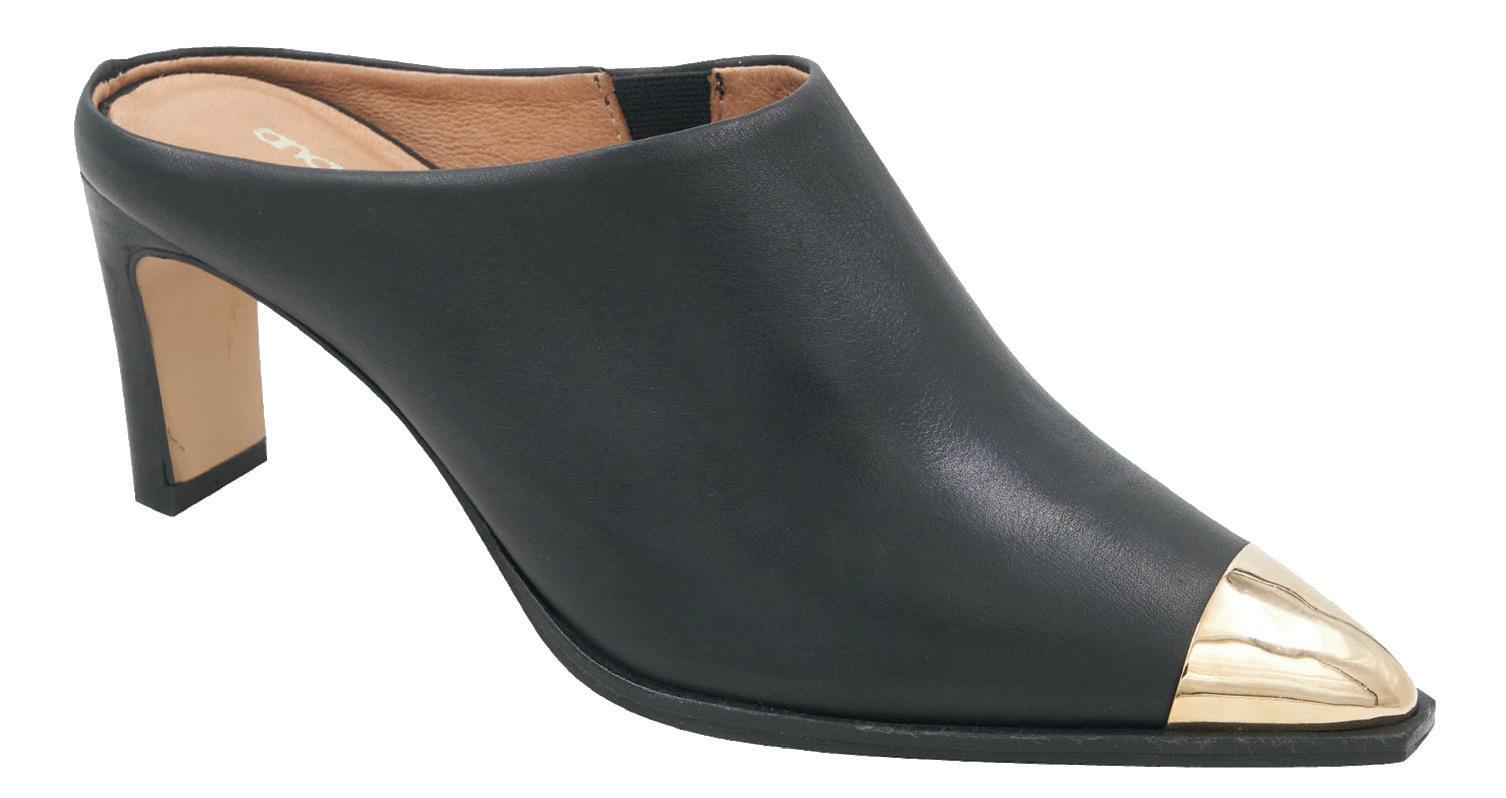




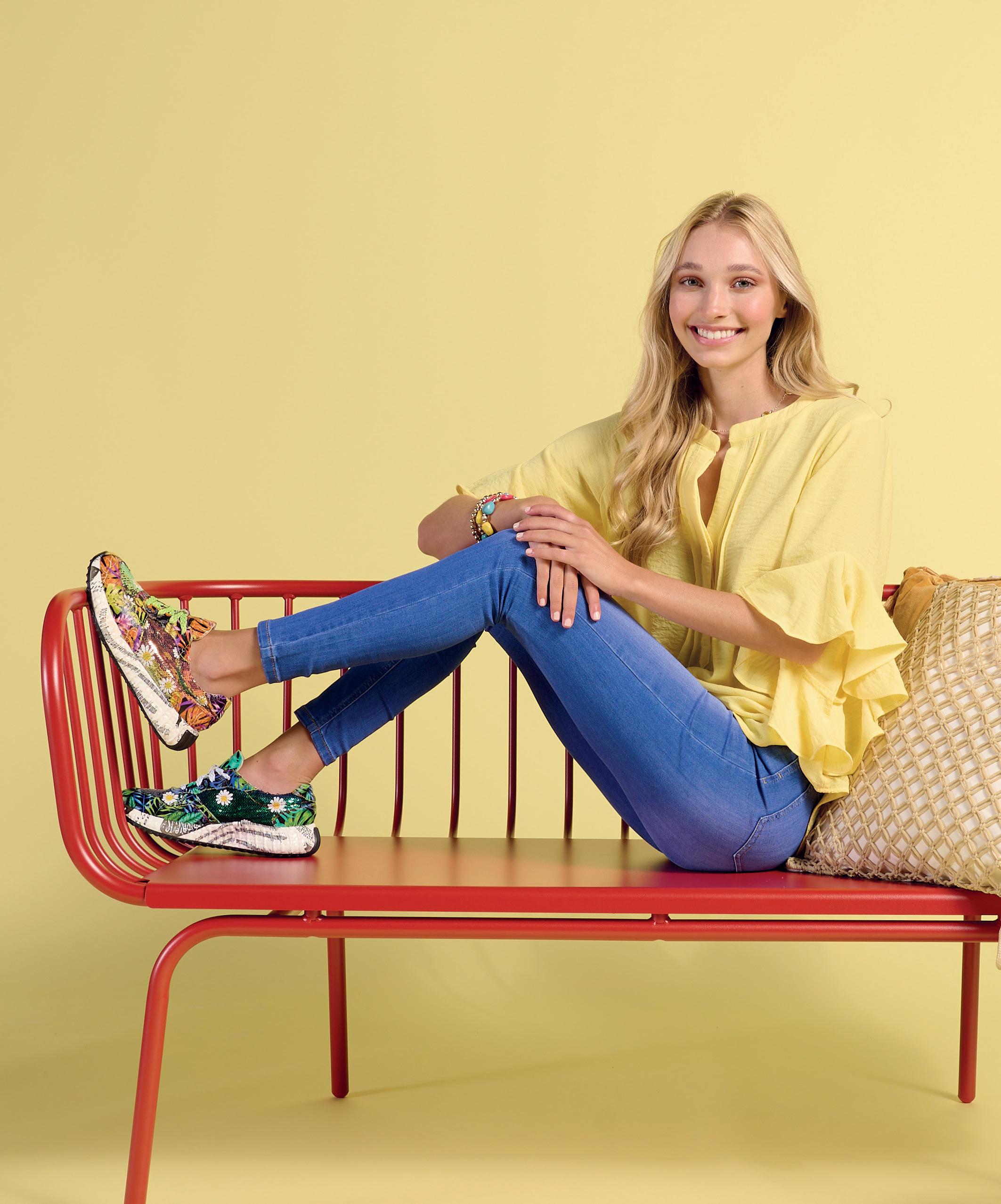

Featuring Aetrex orthotic support and memory foam cushioning for superior comfort